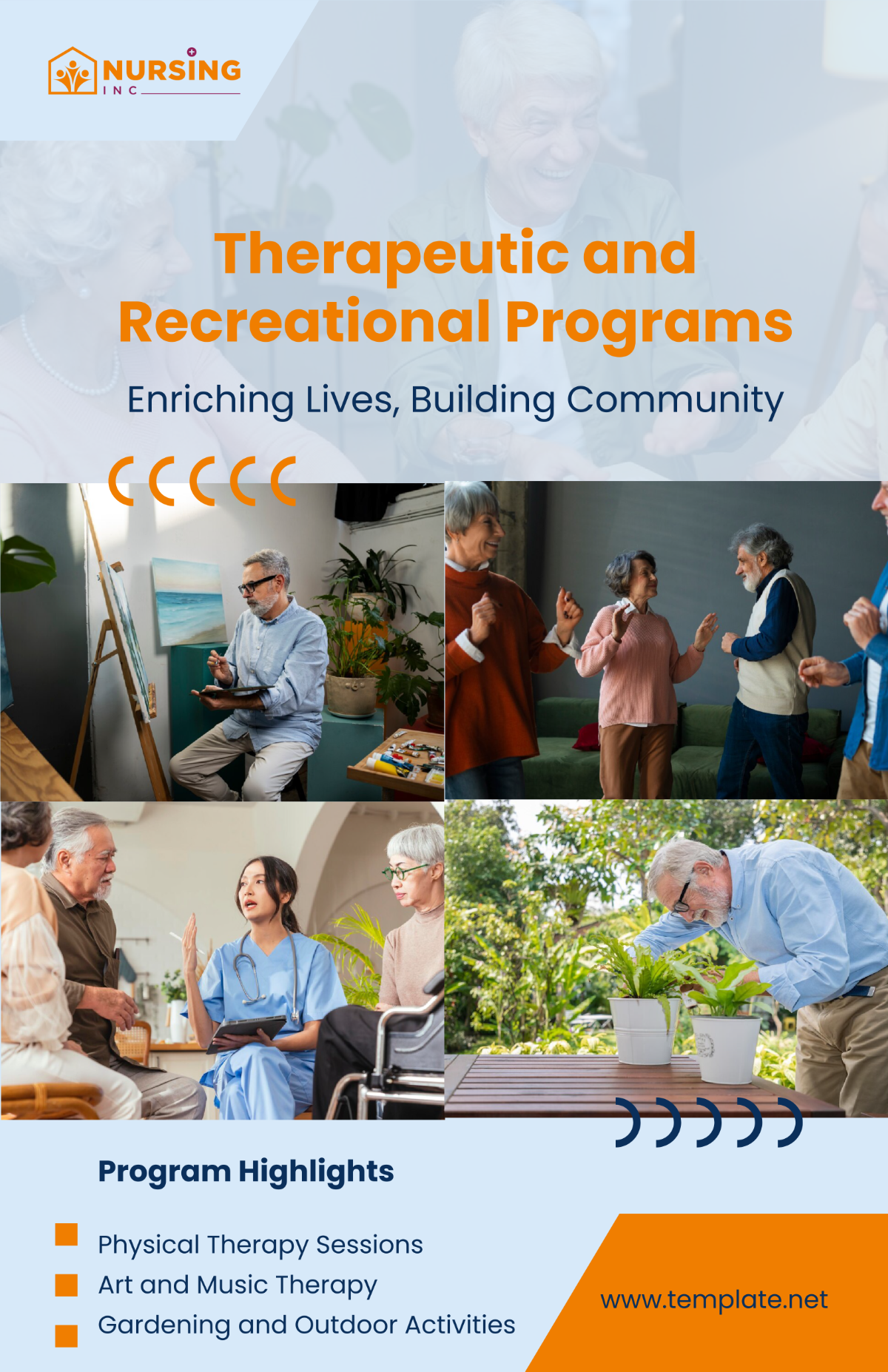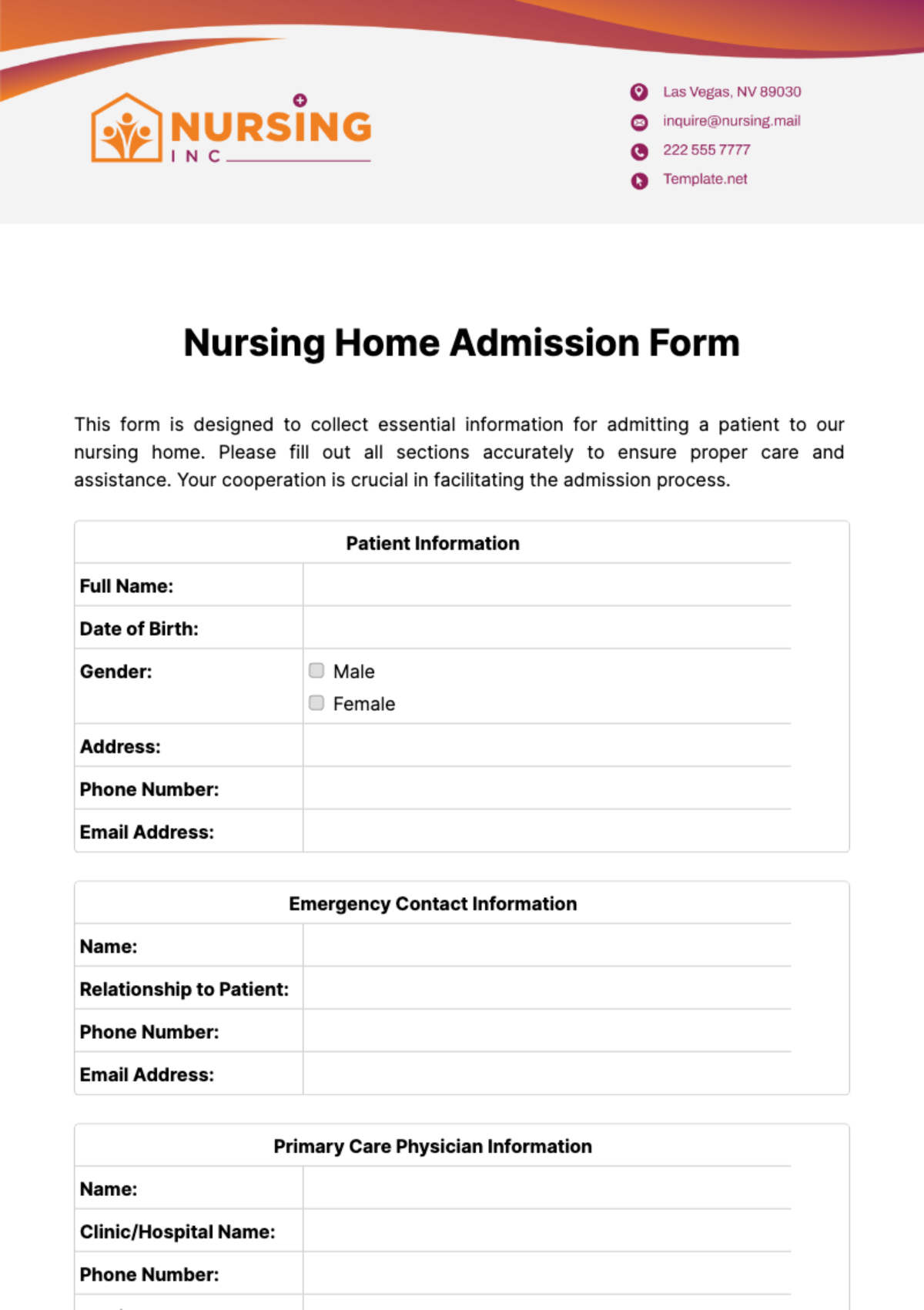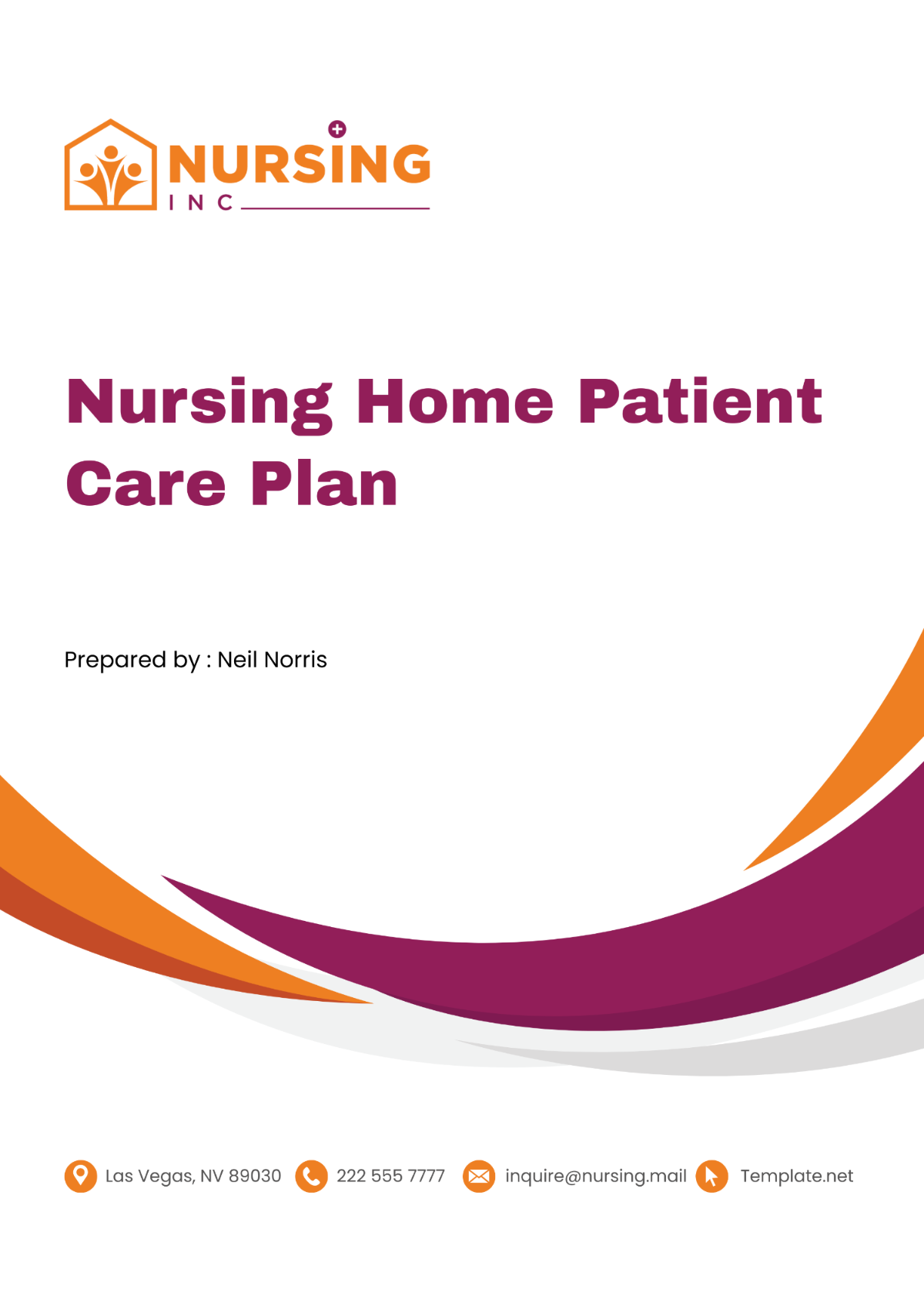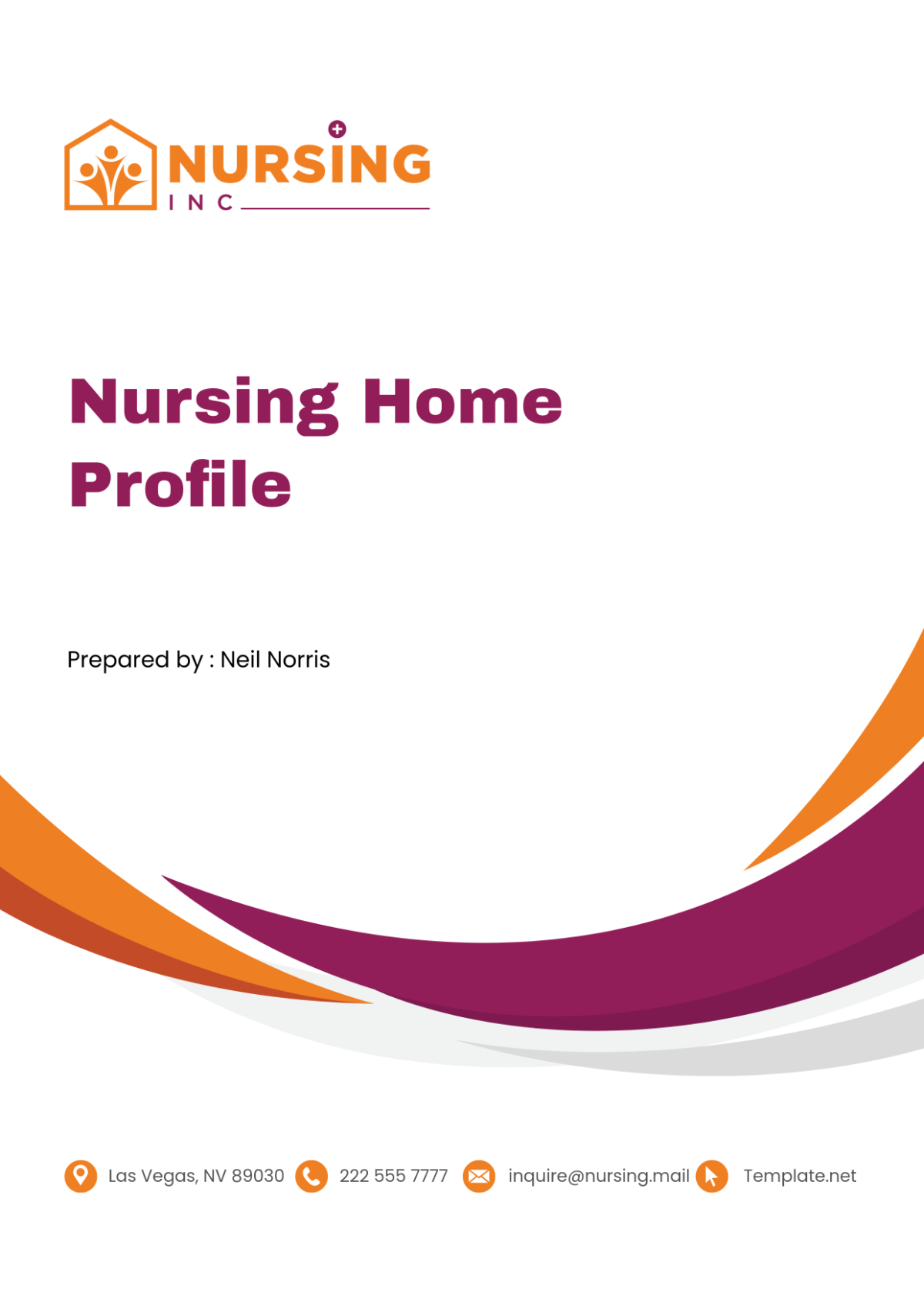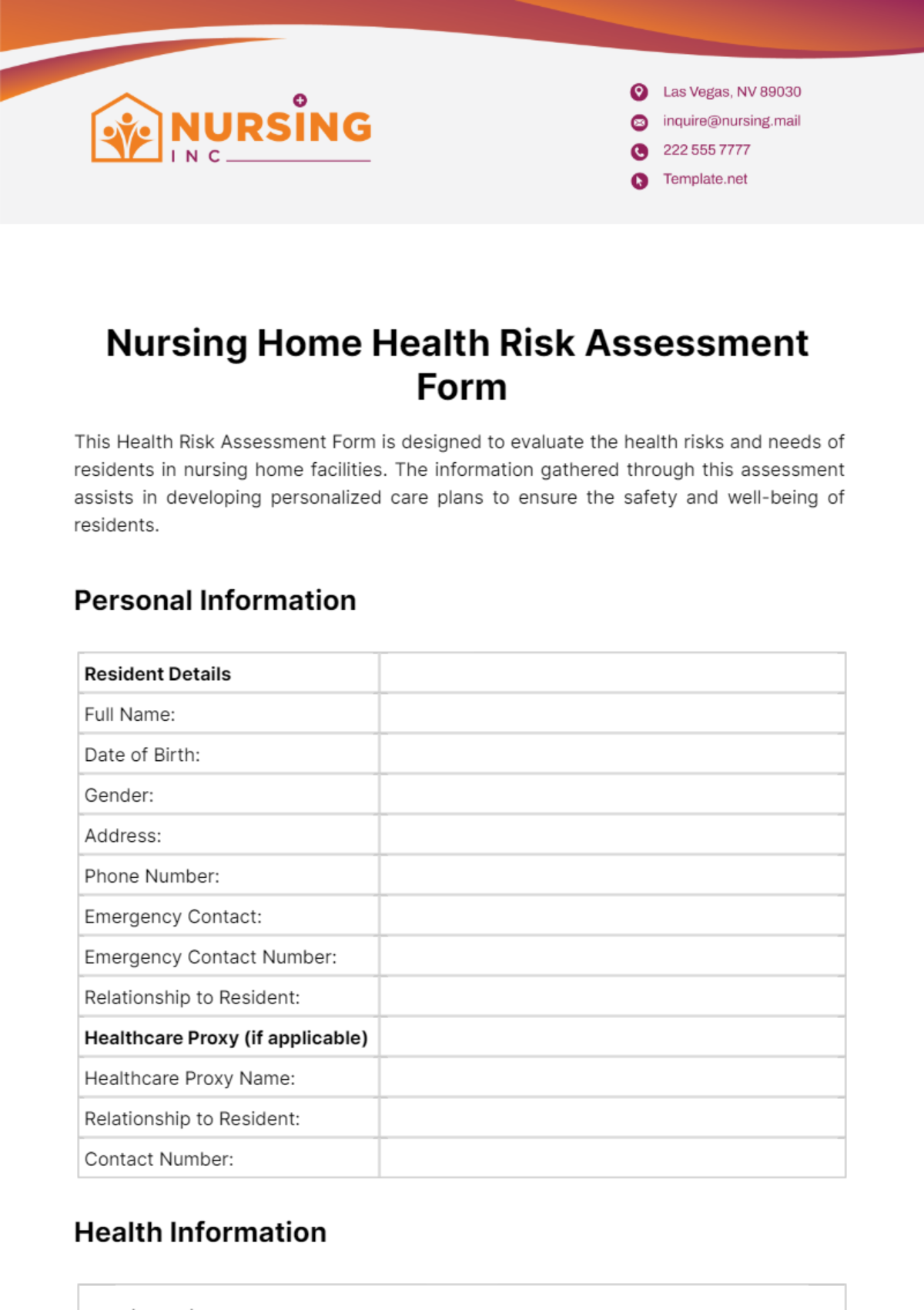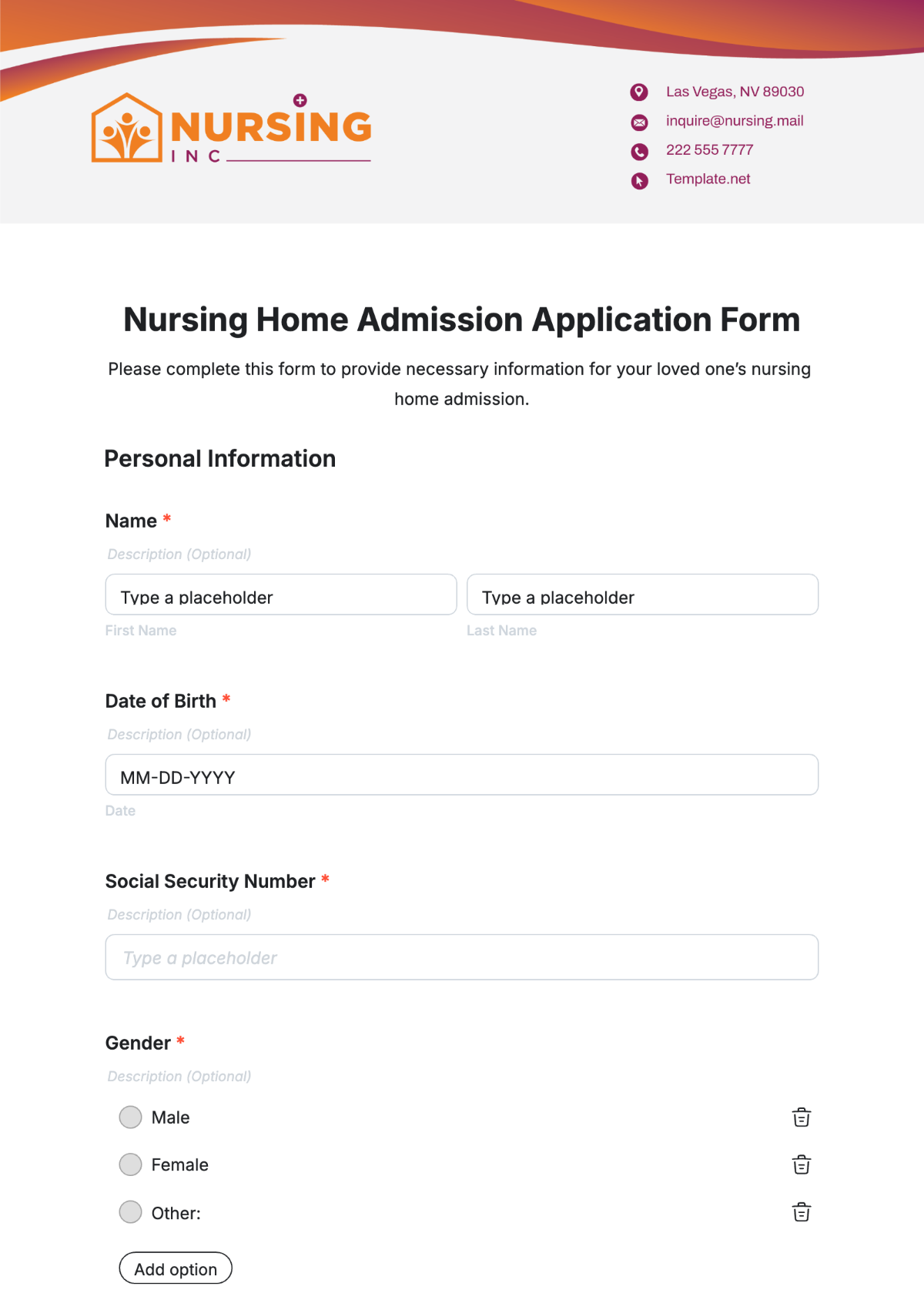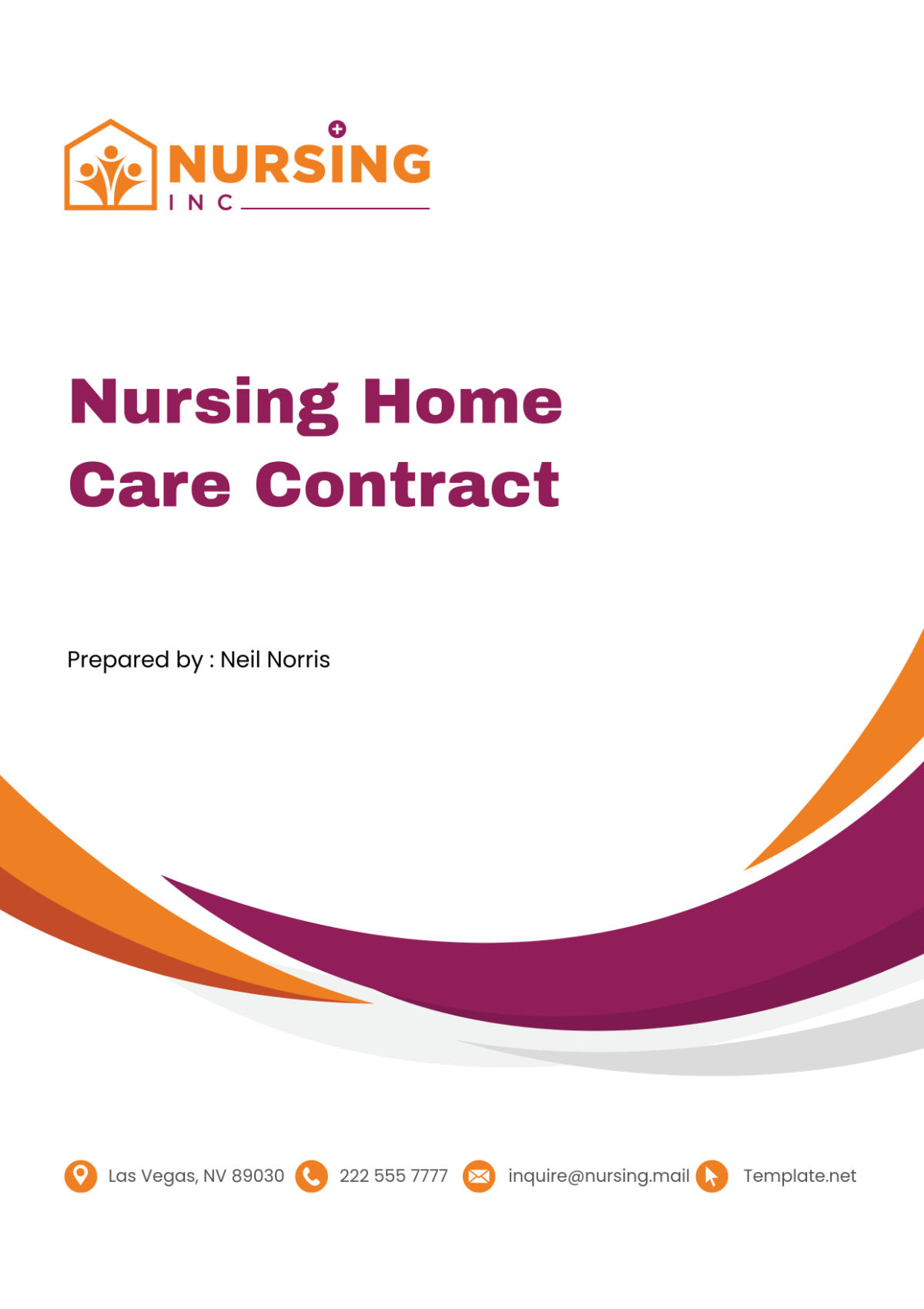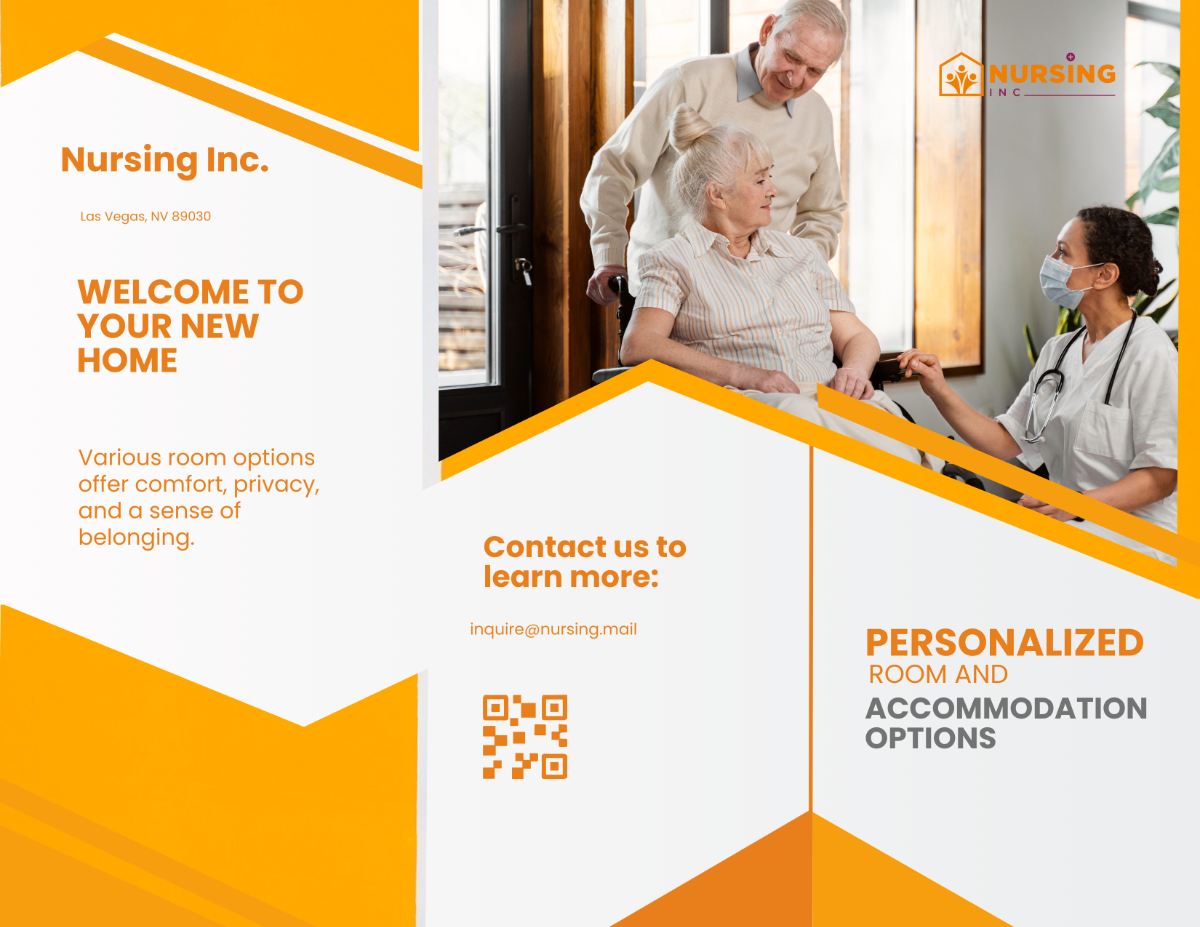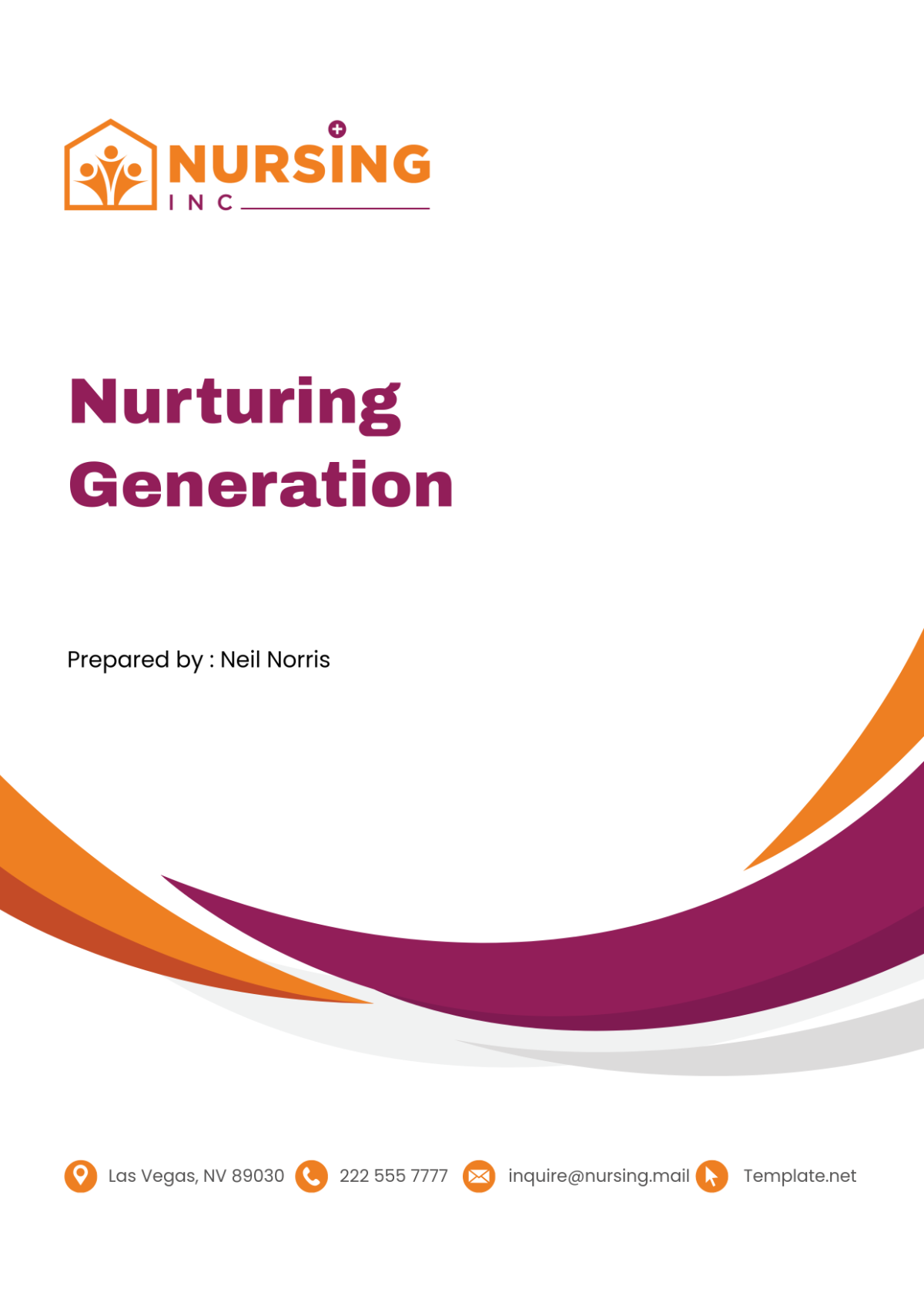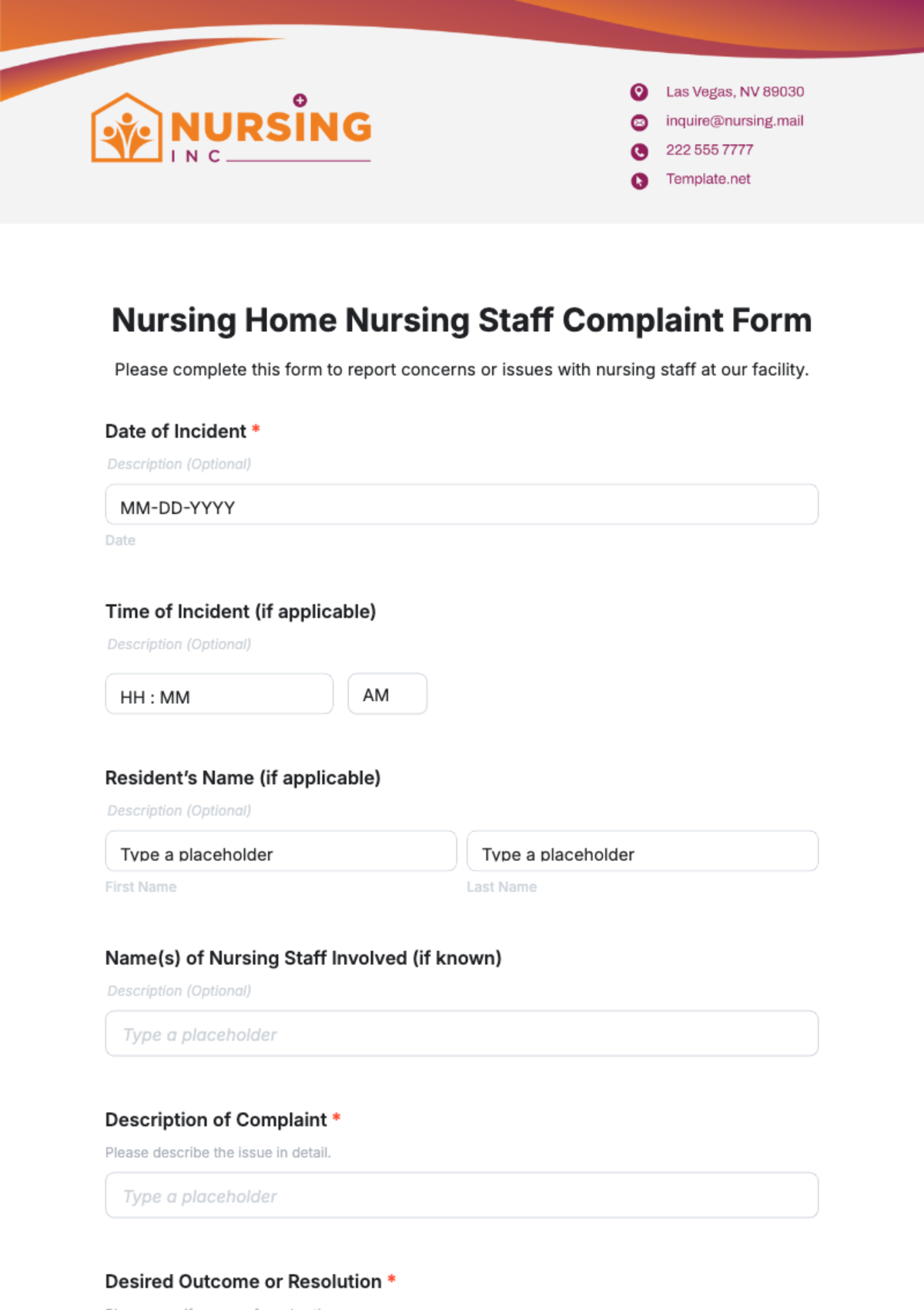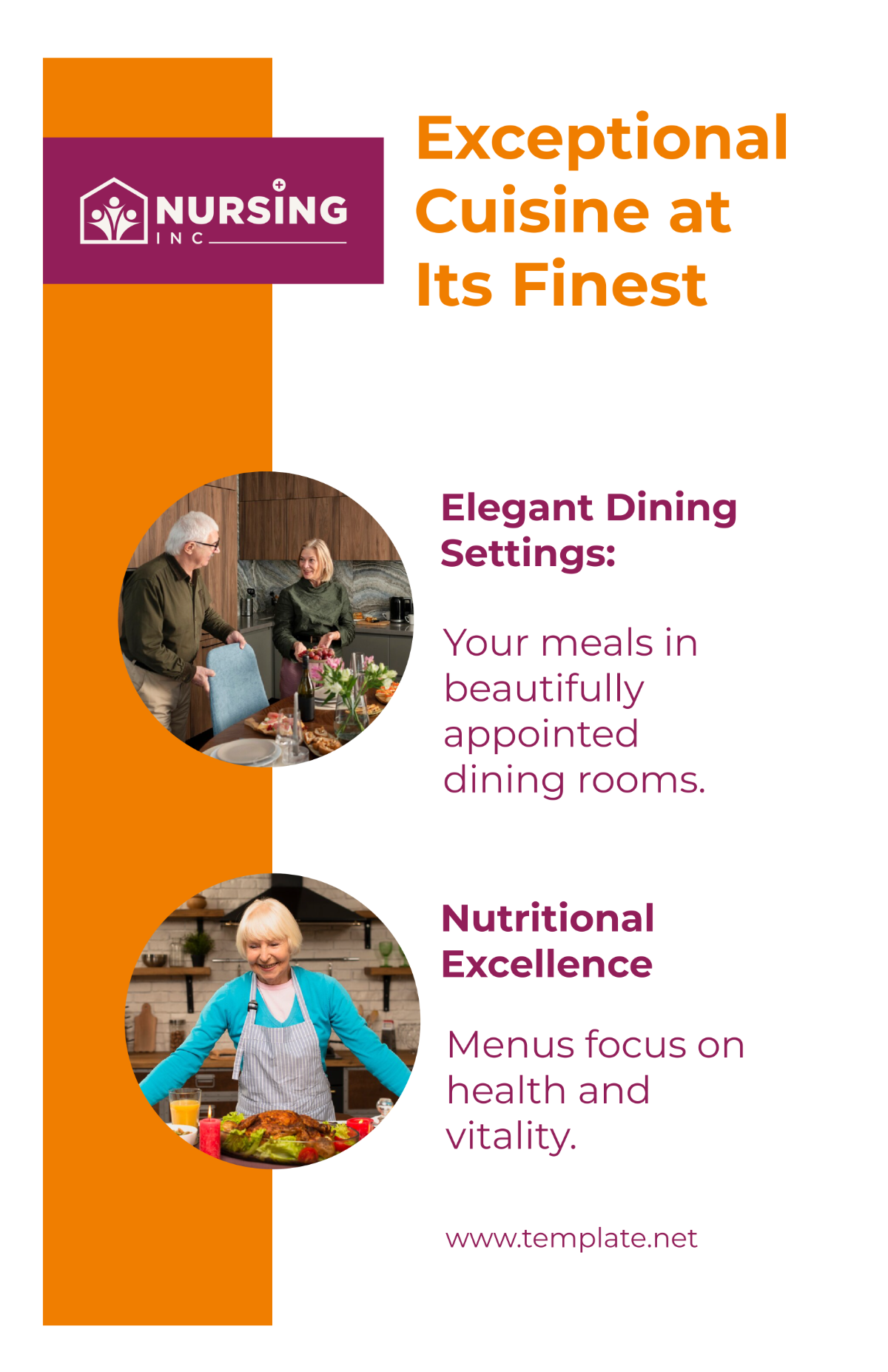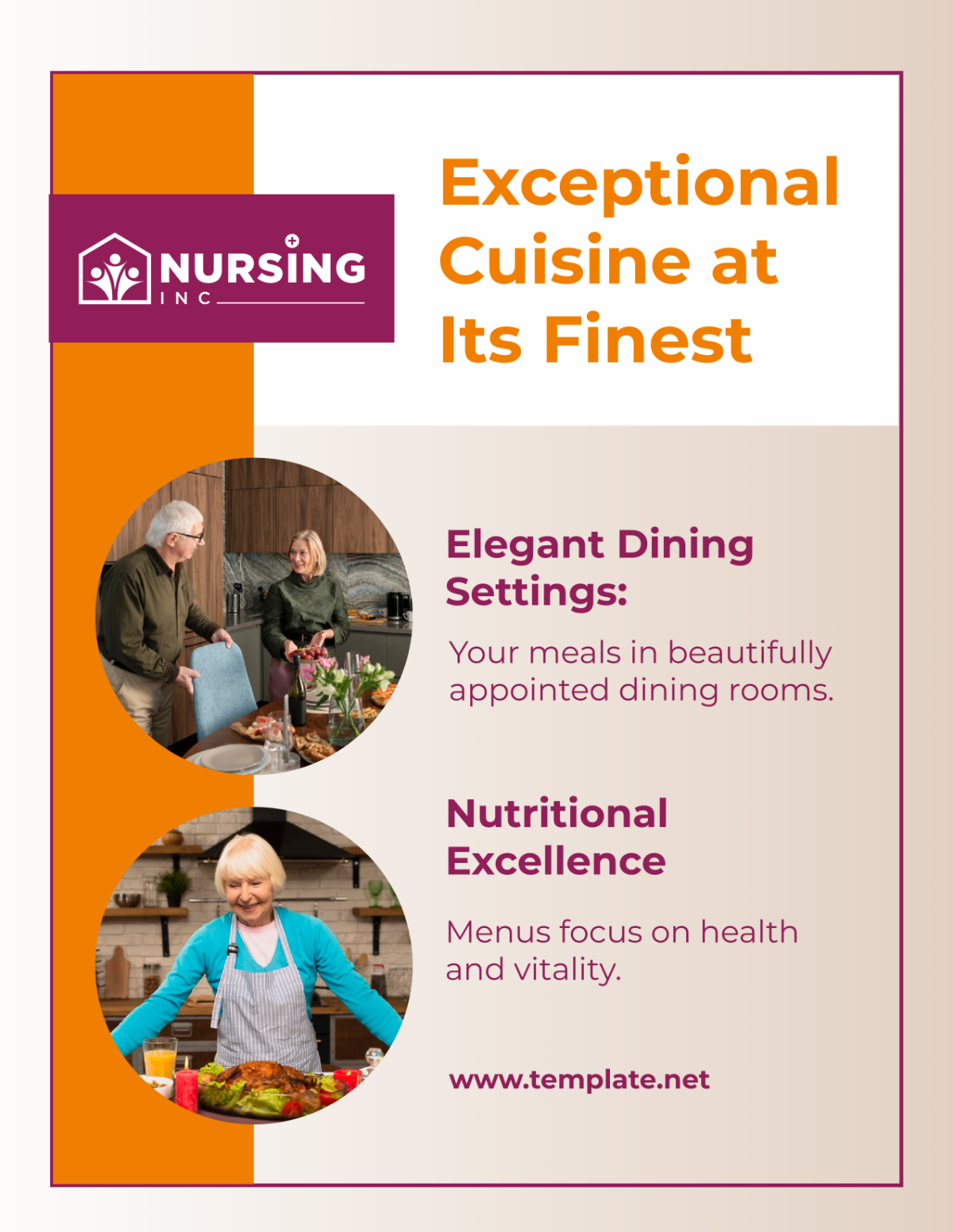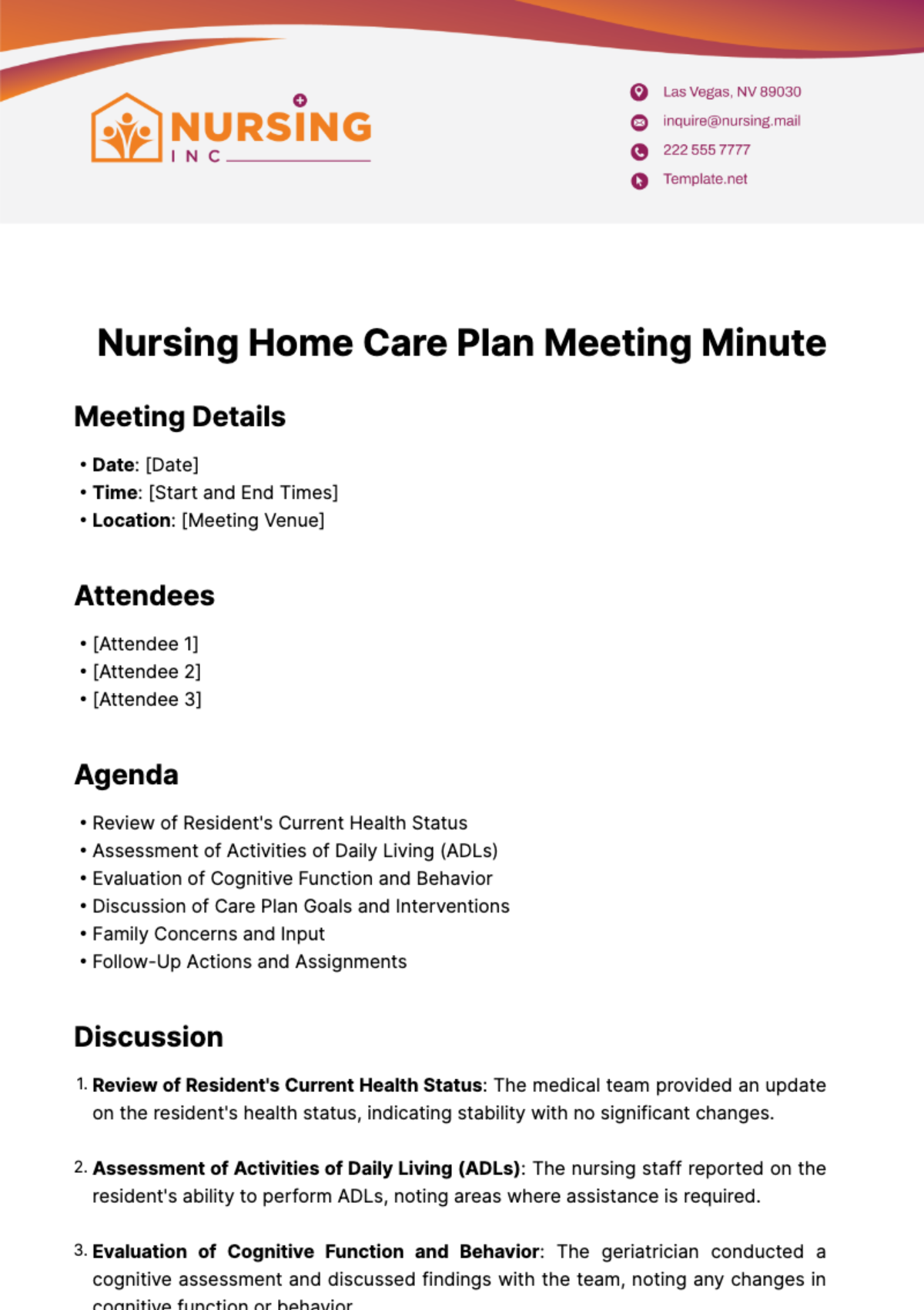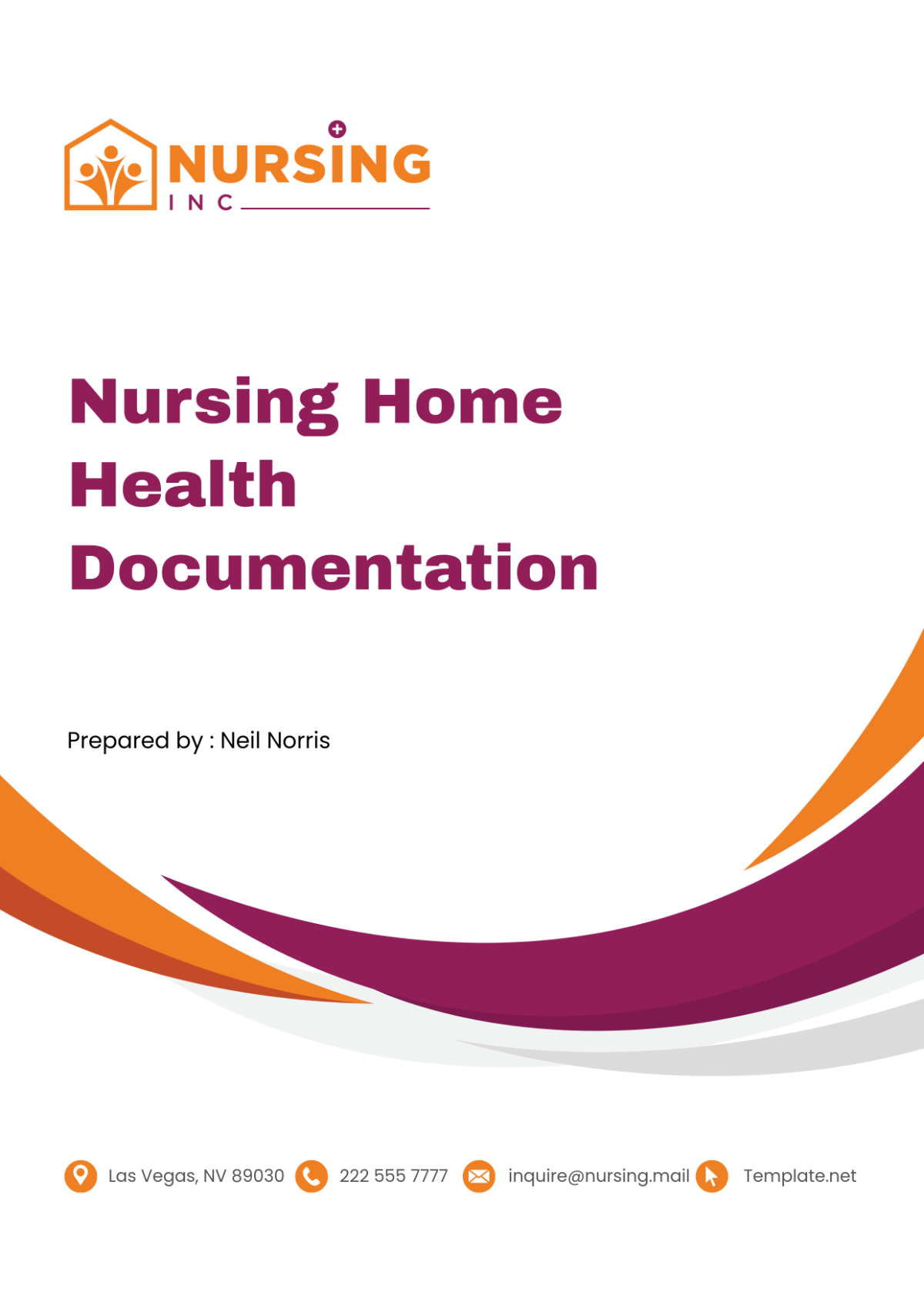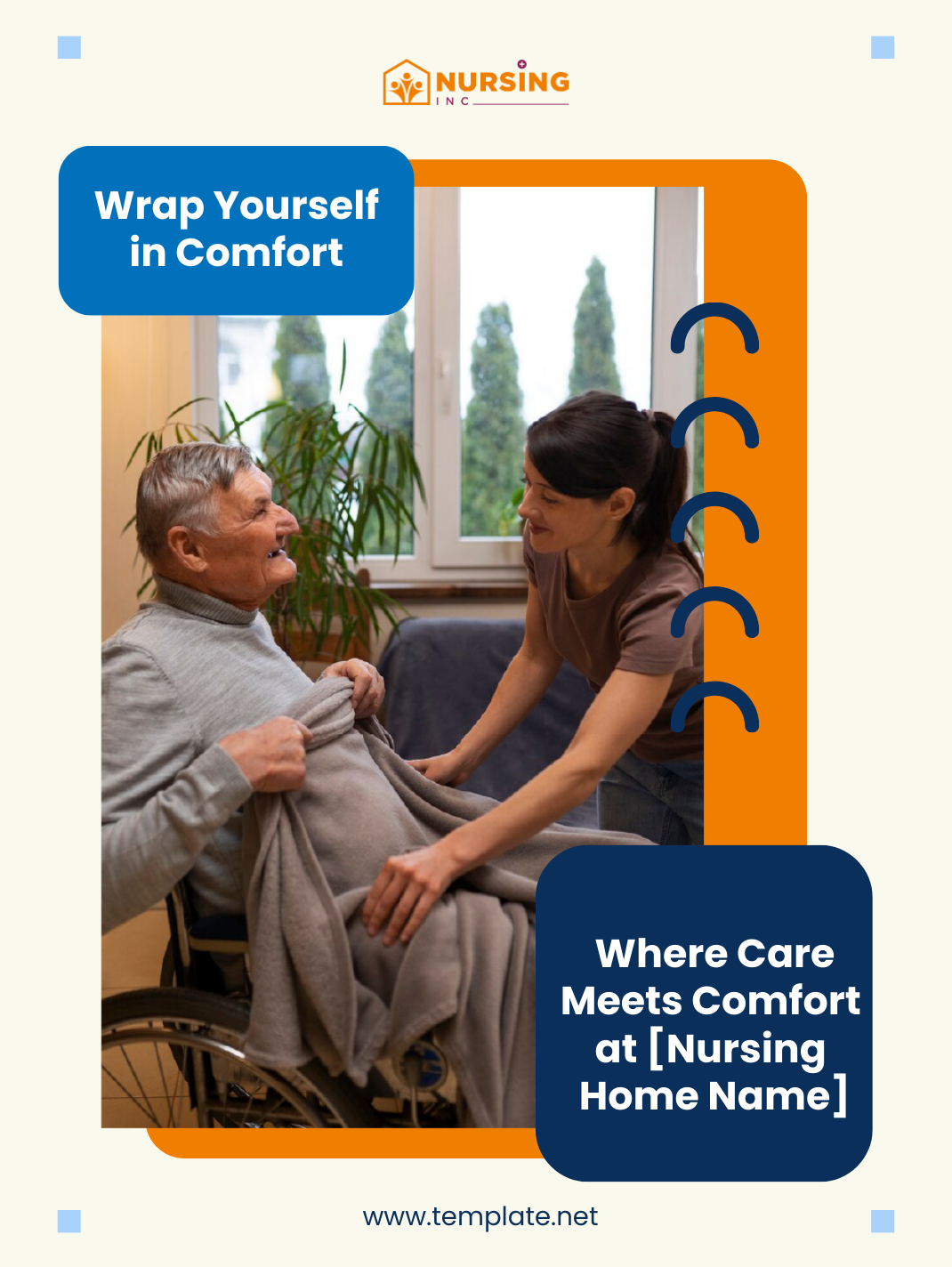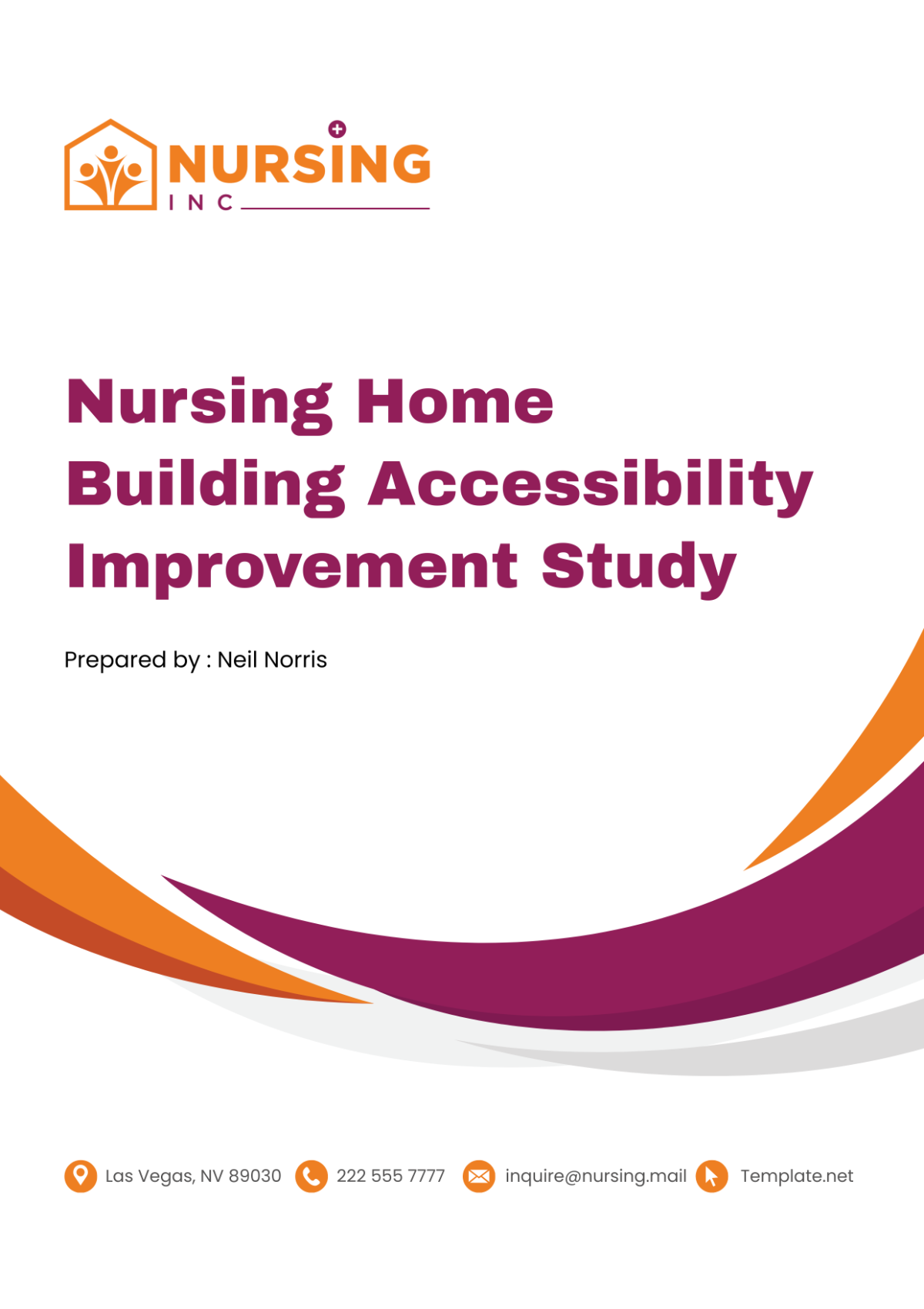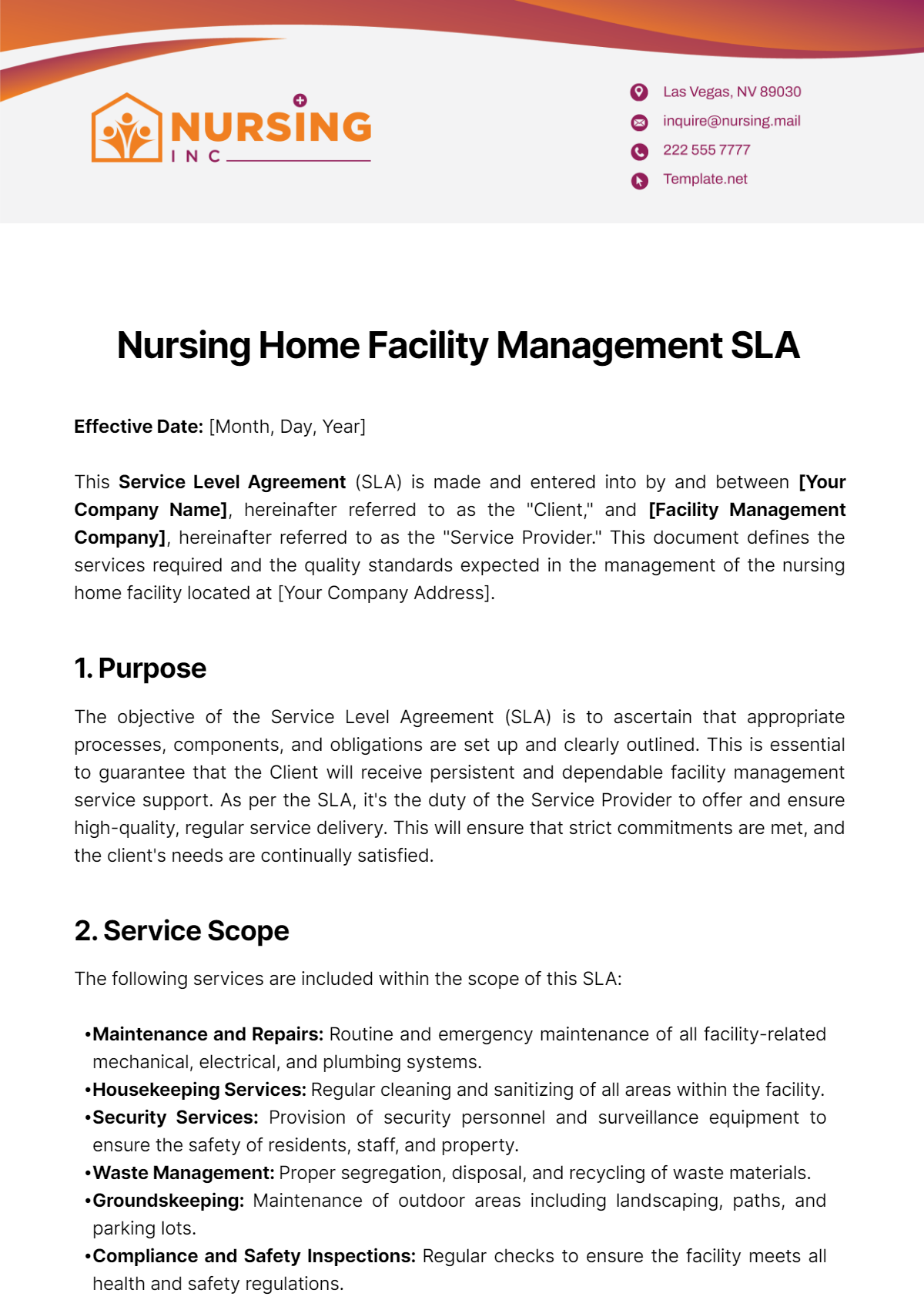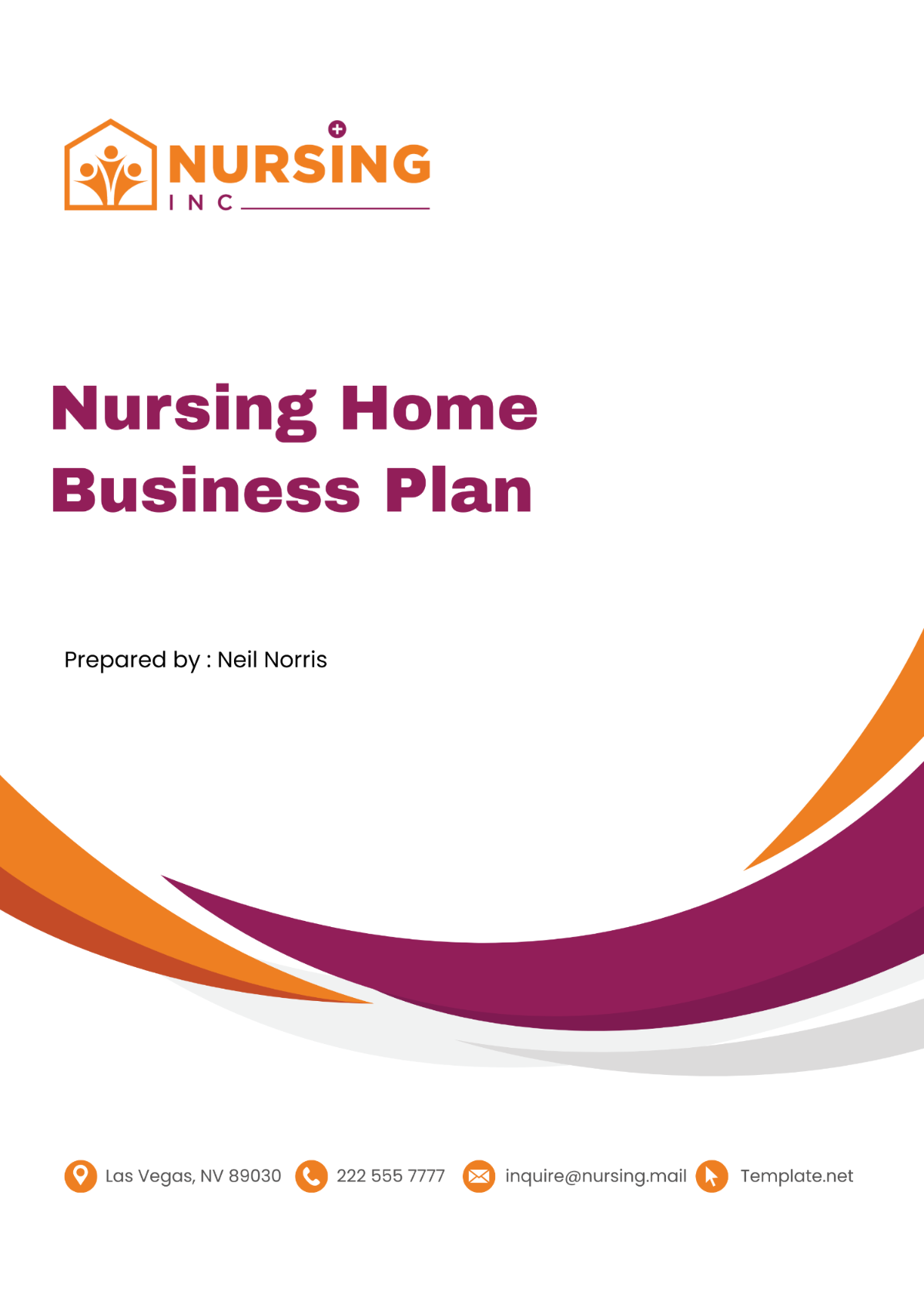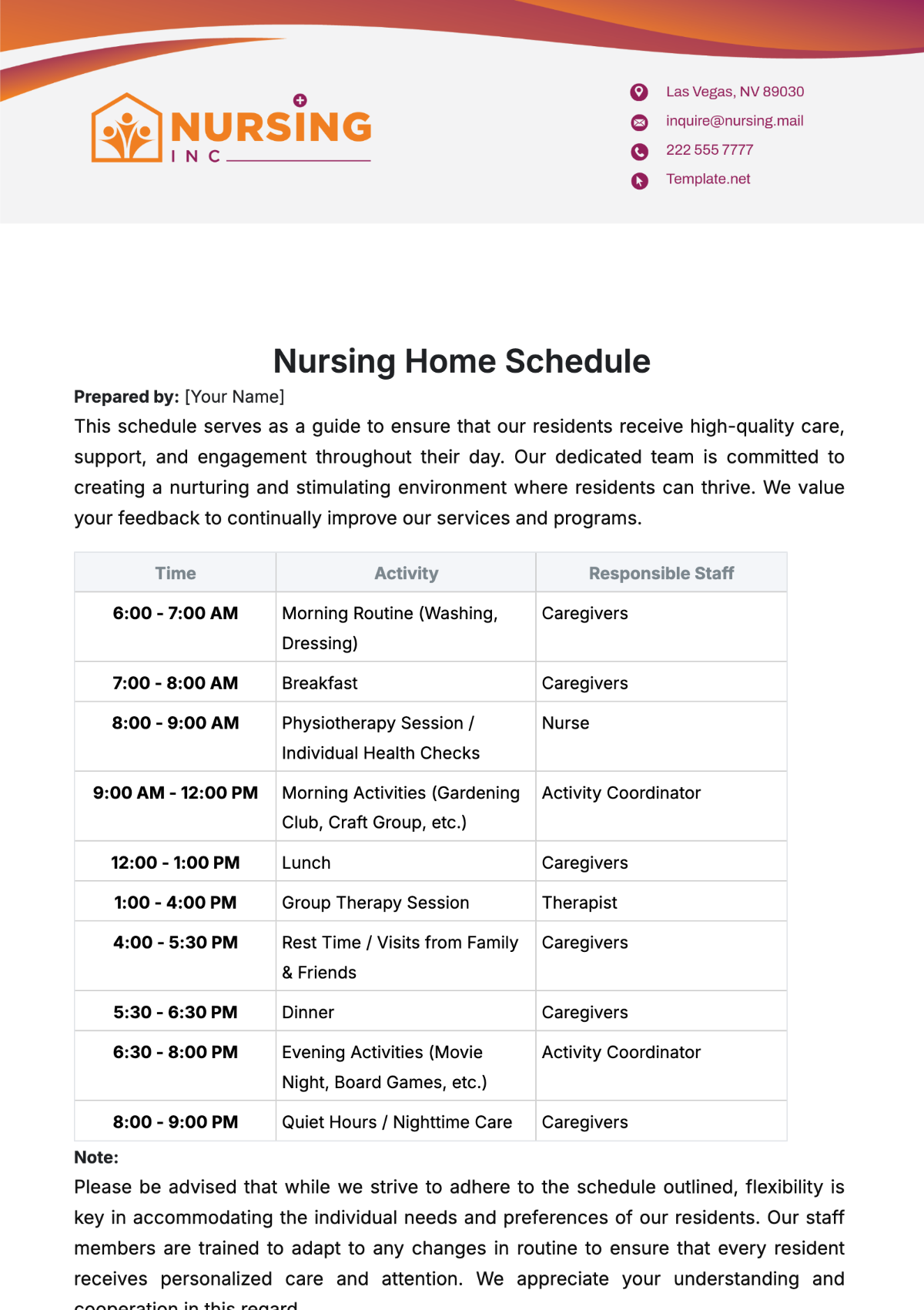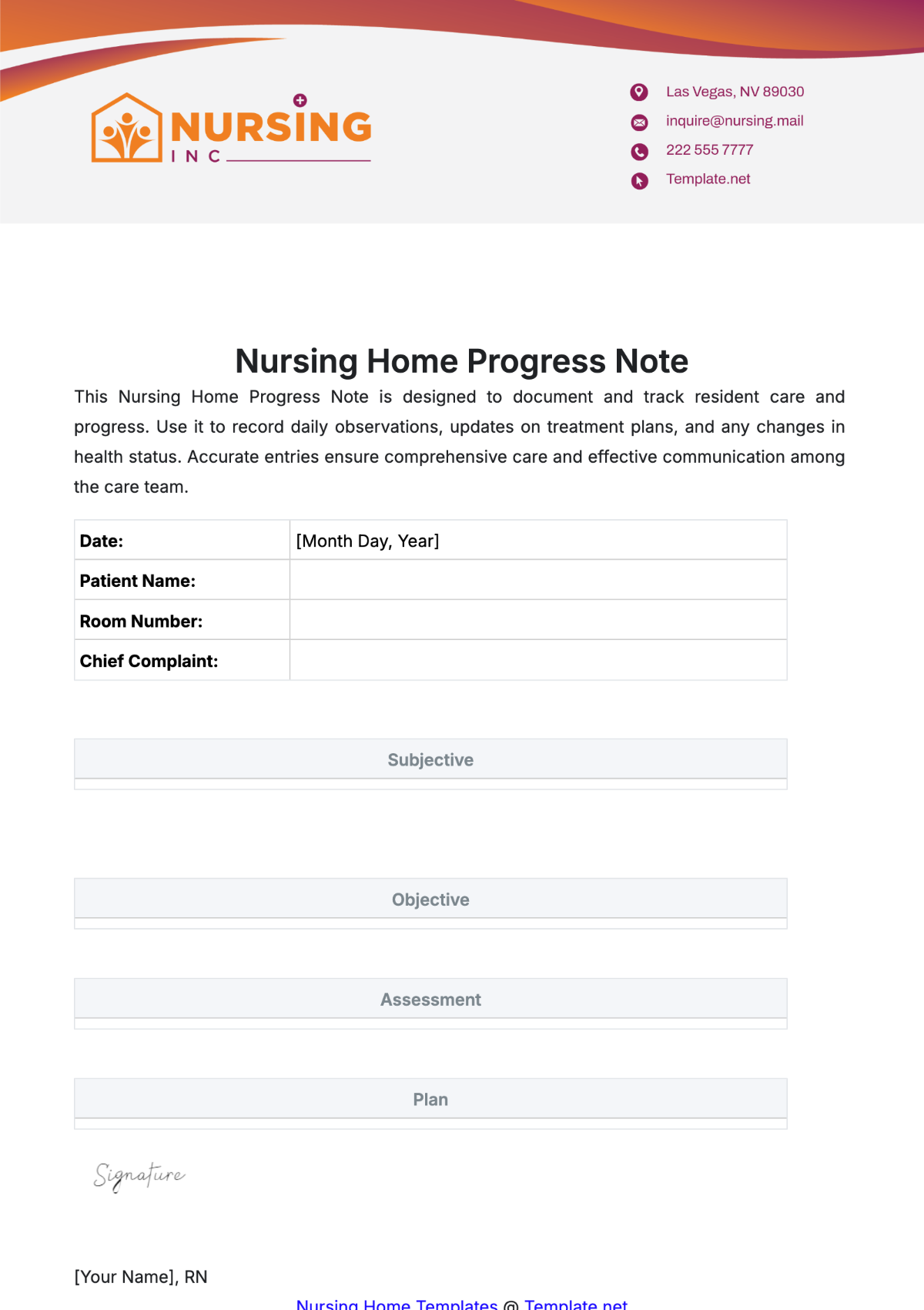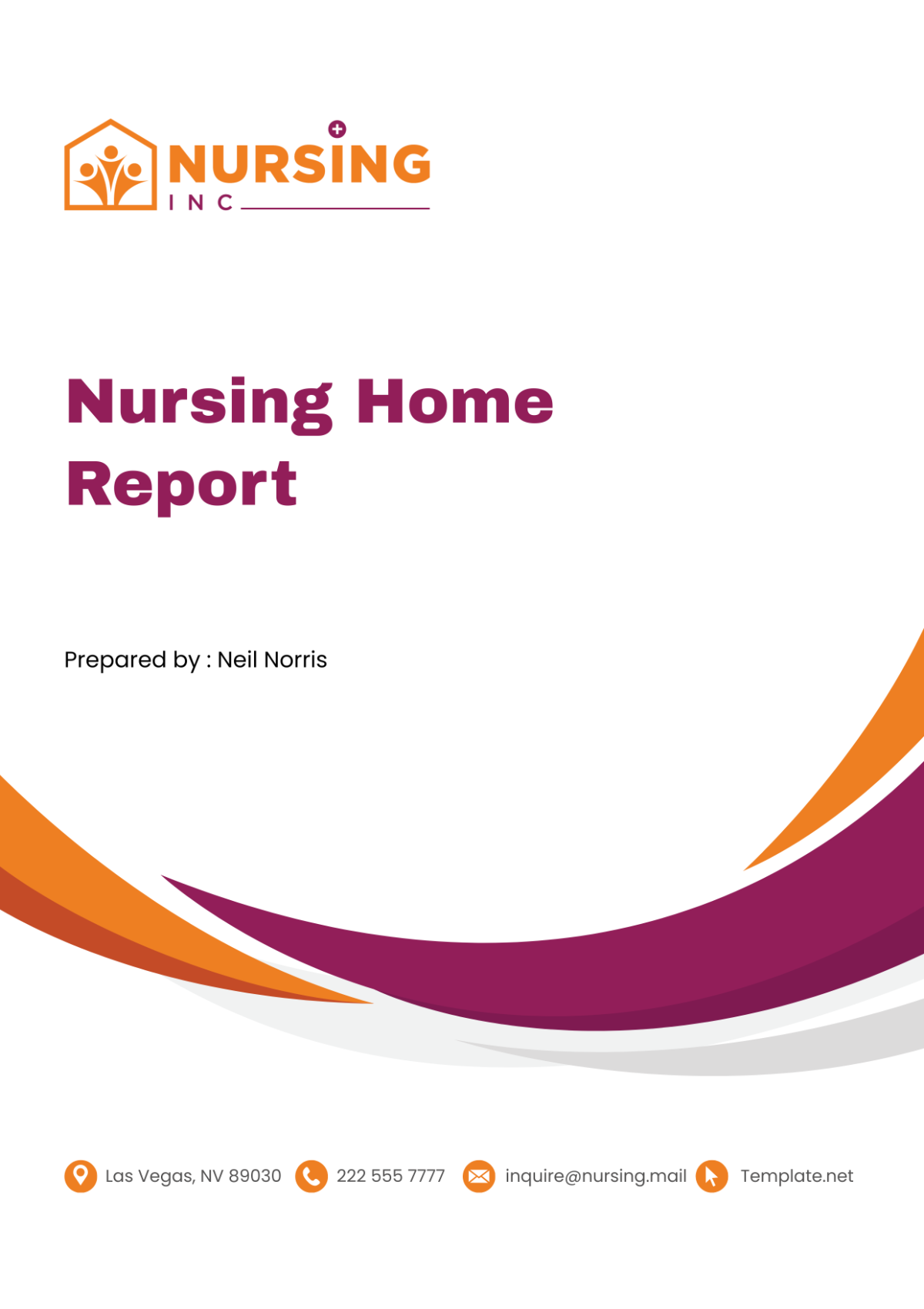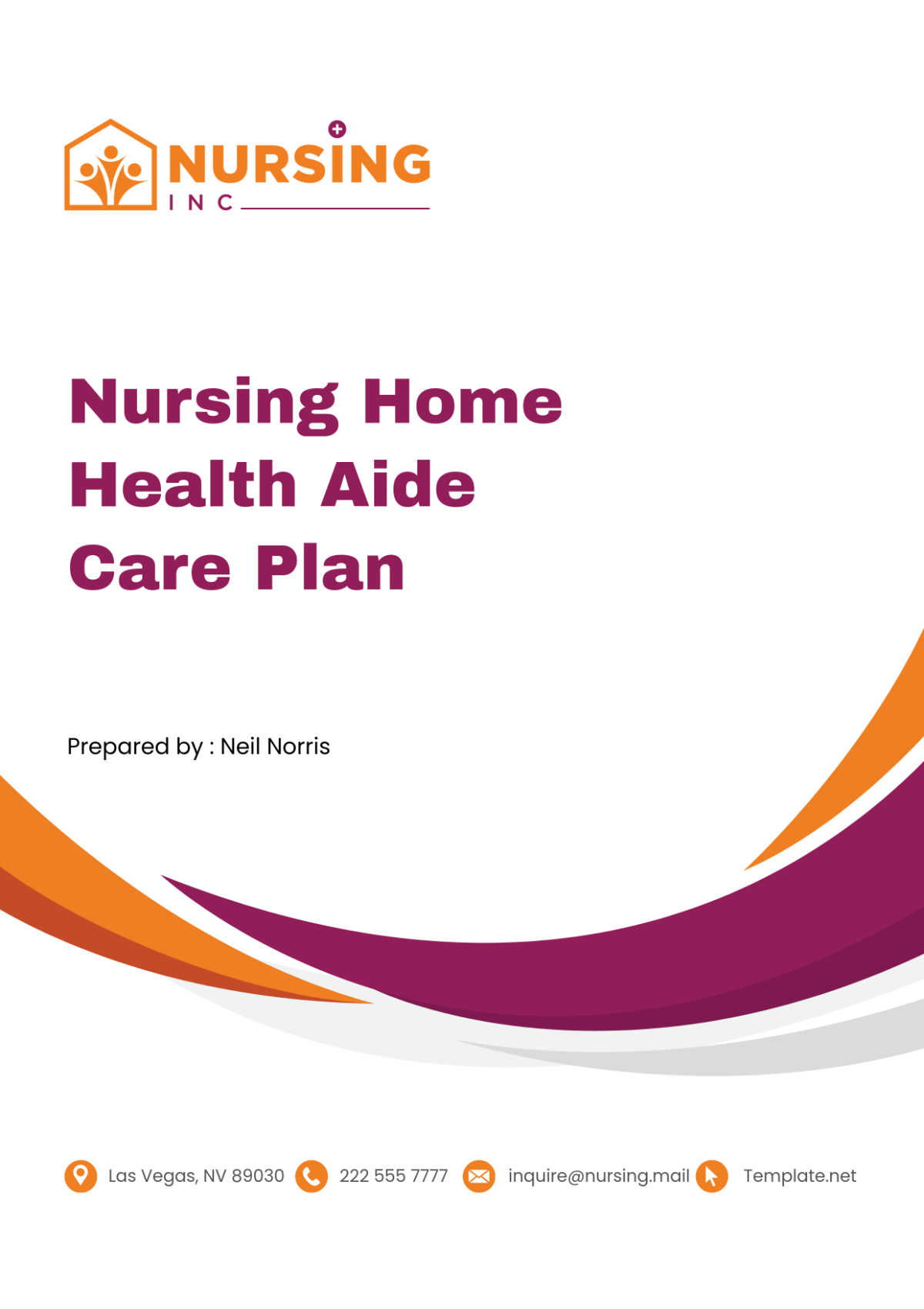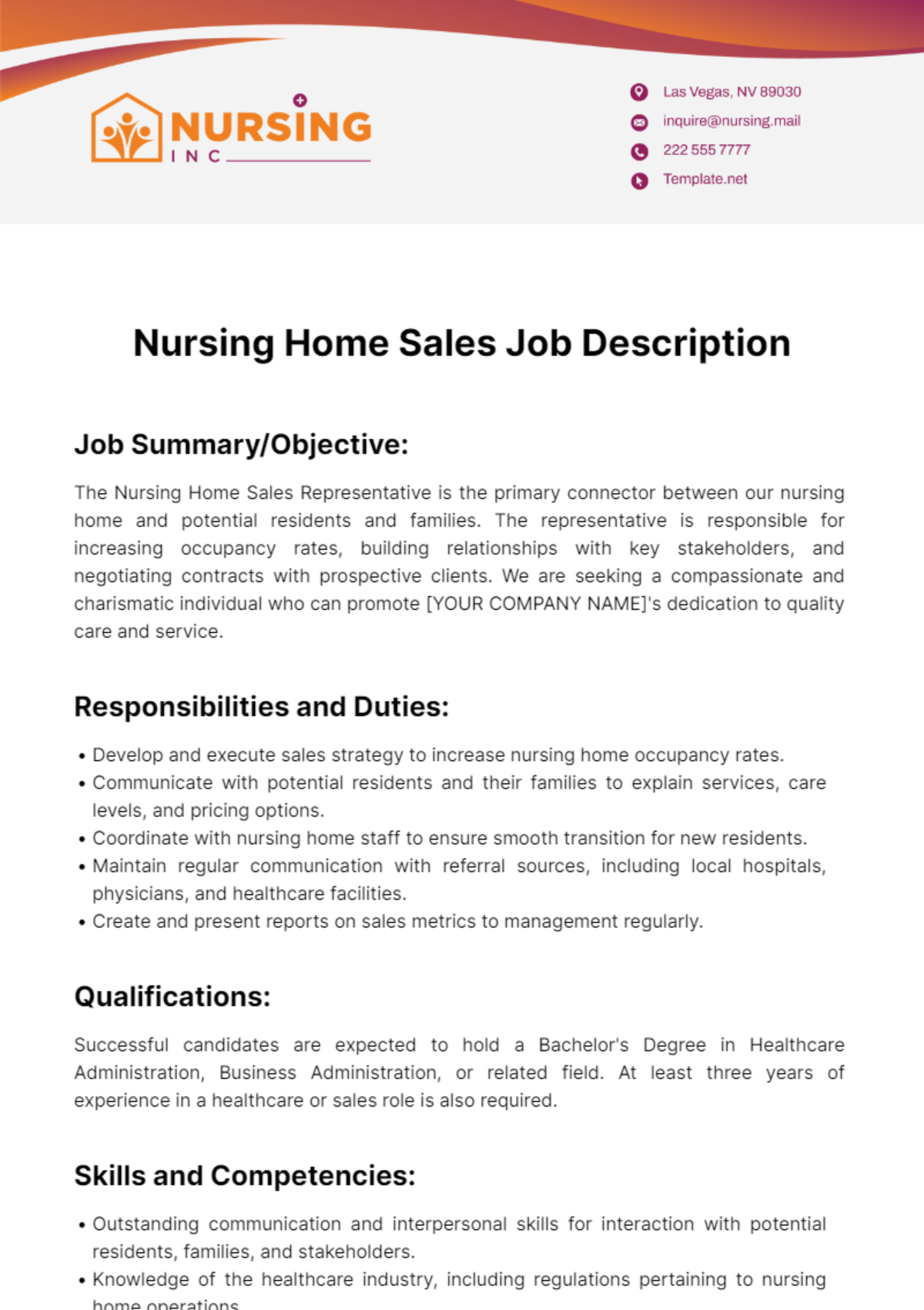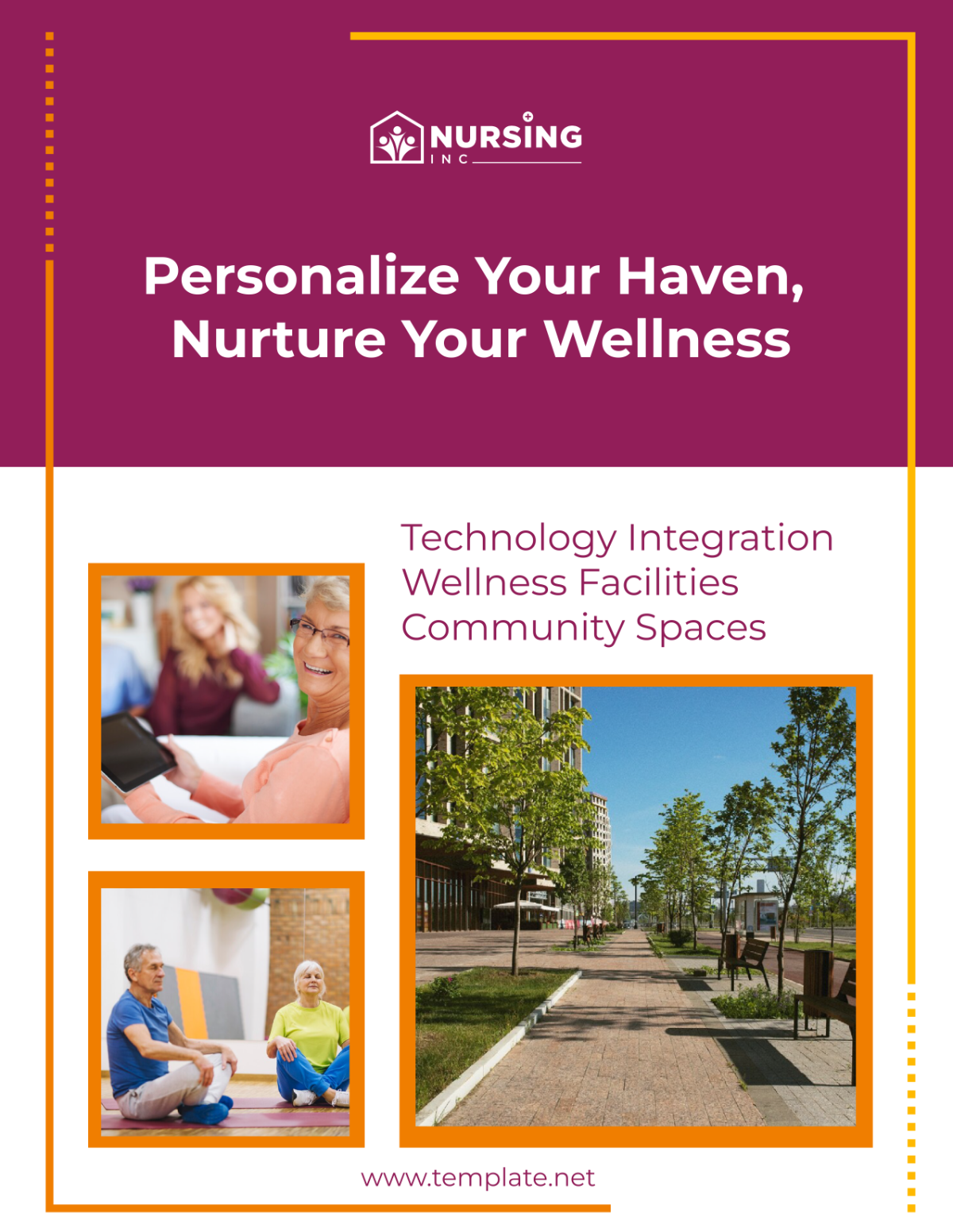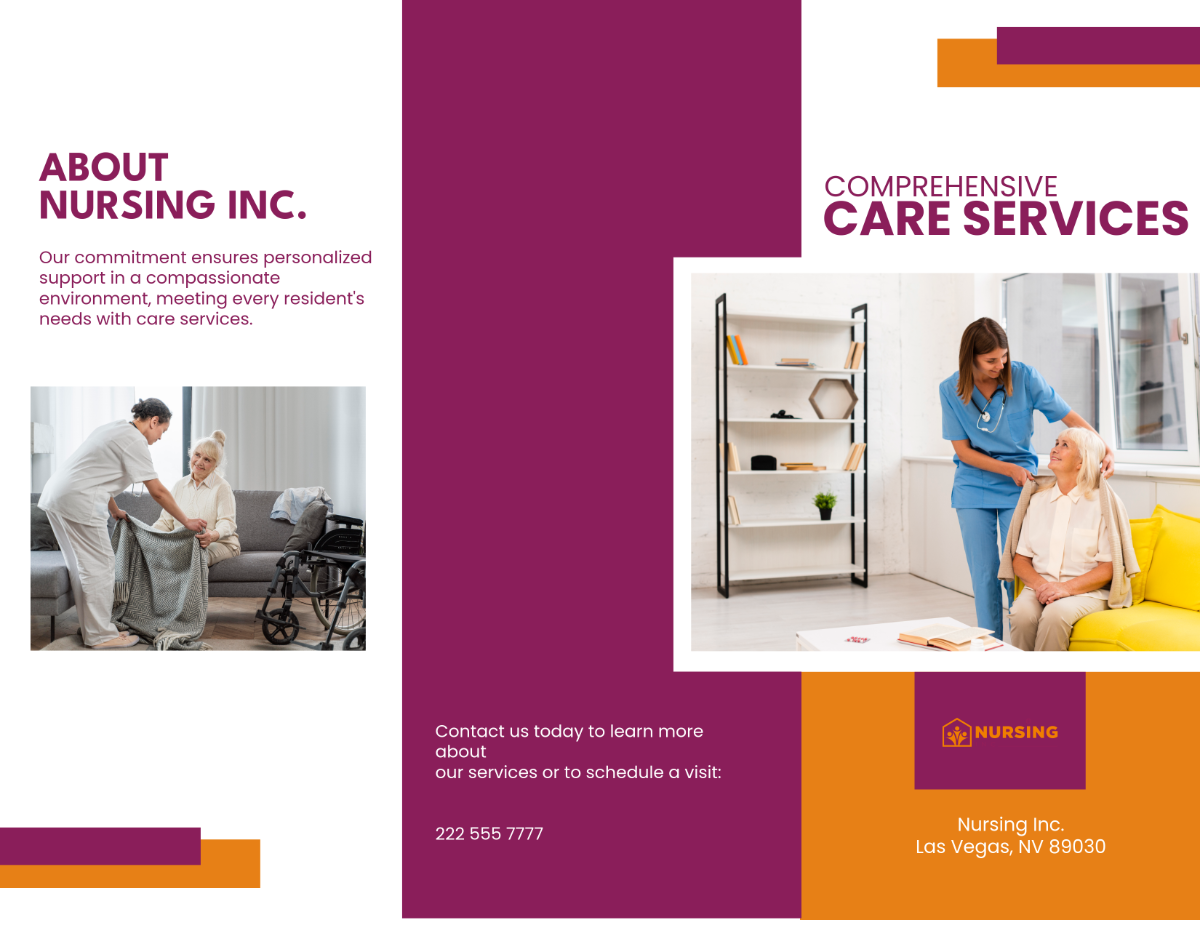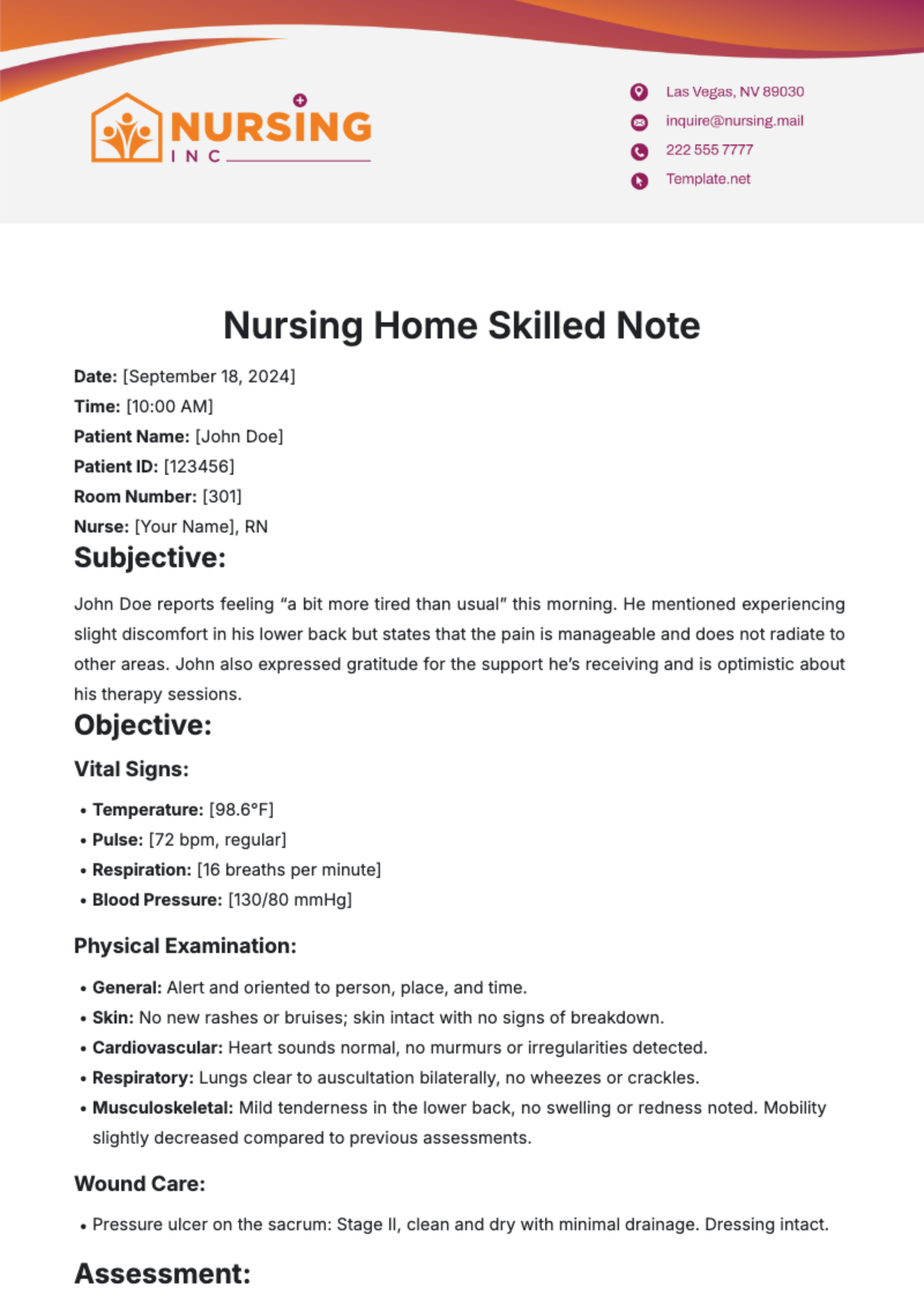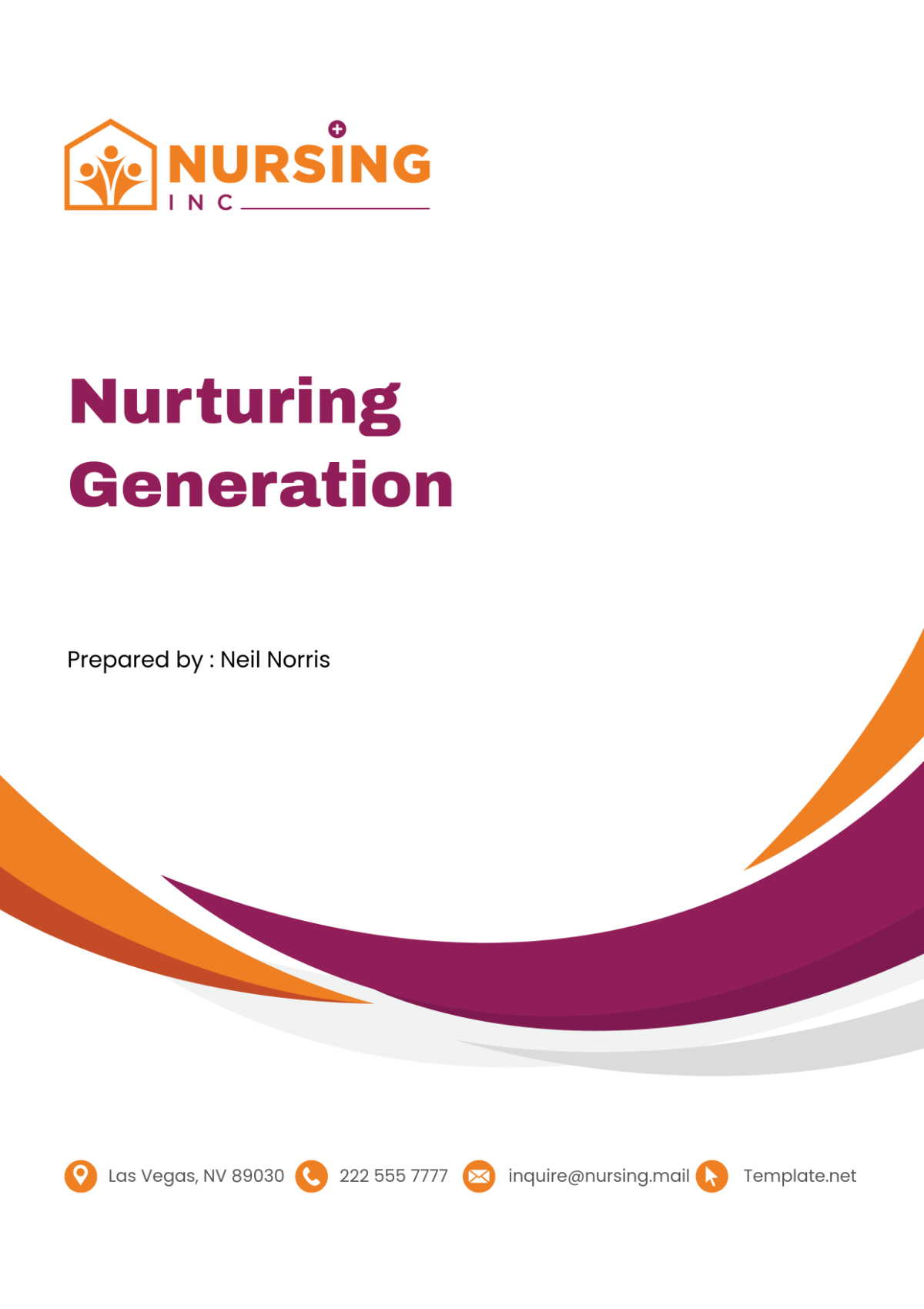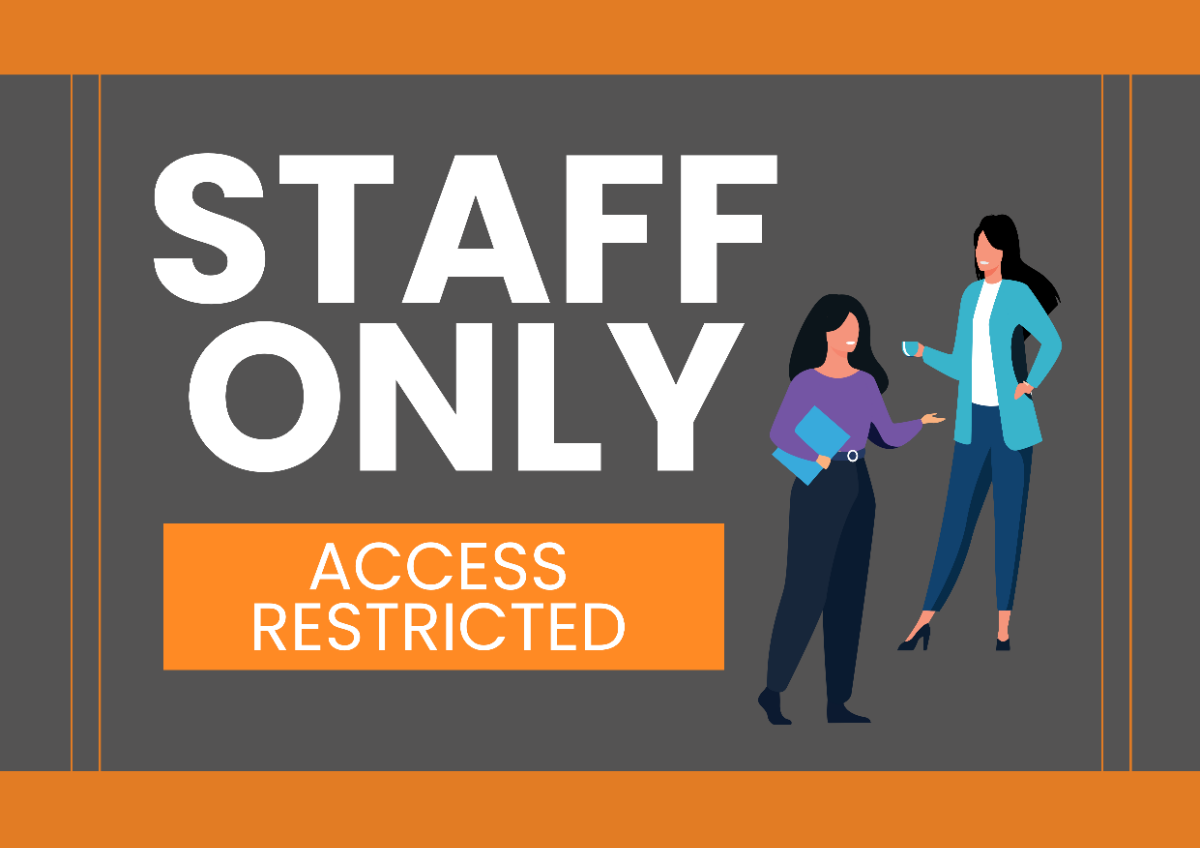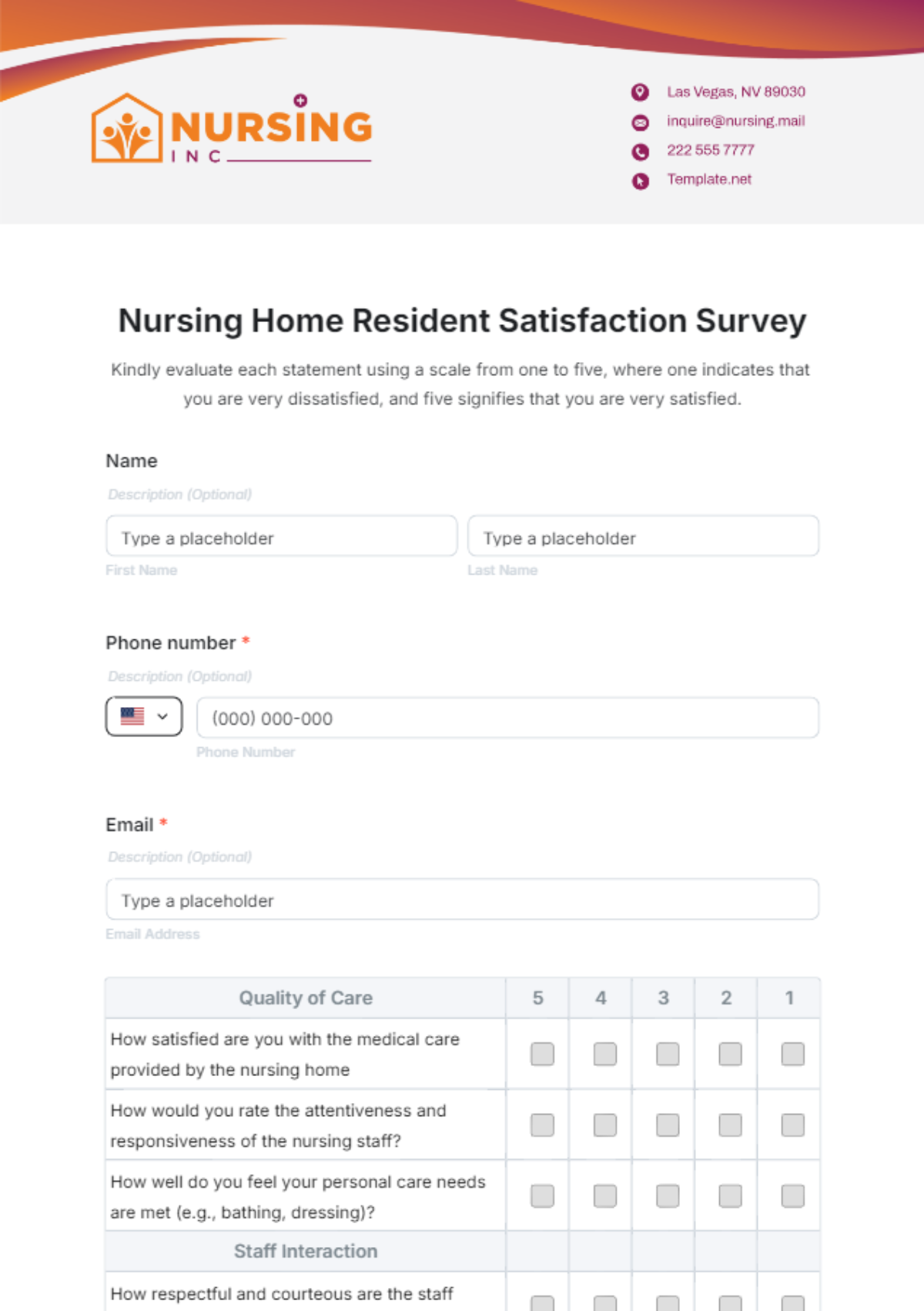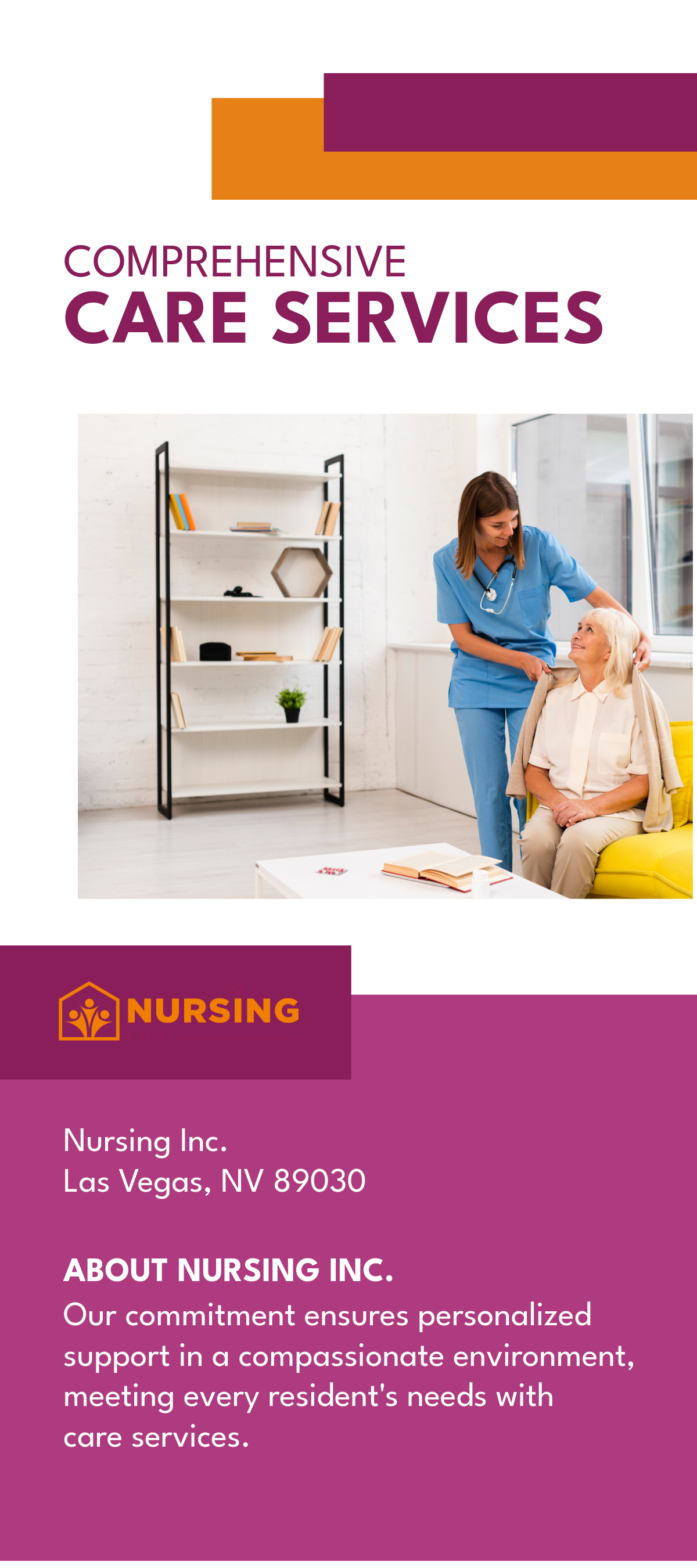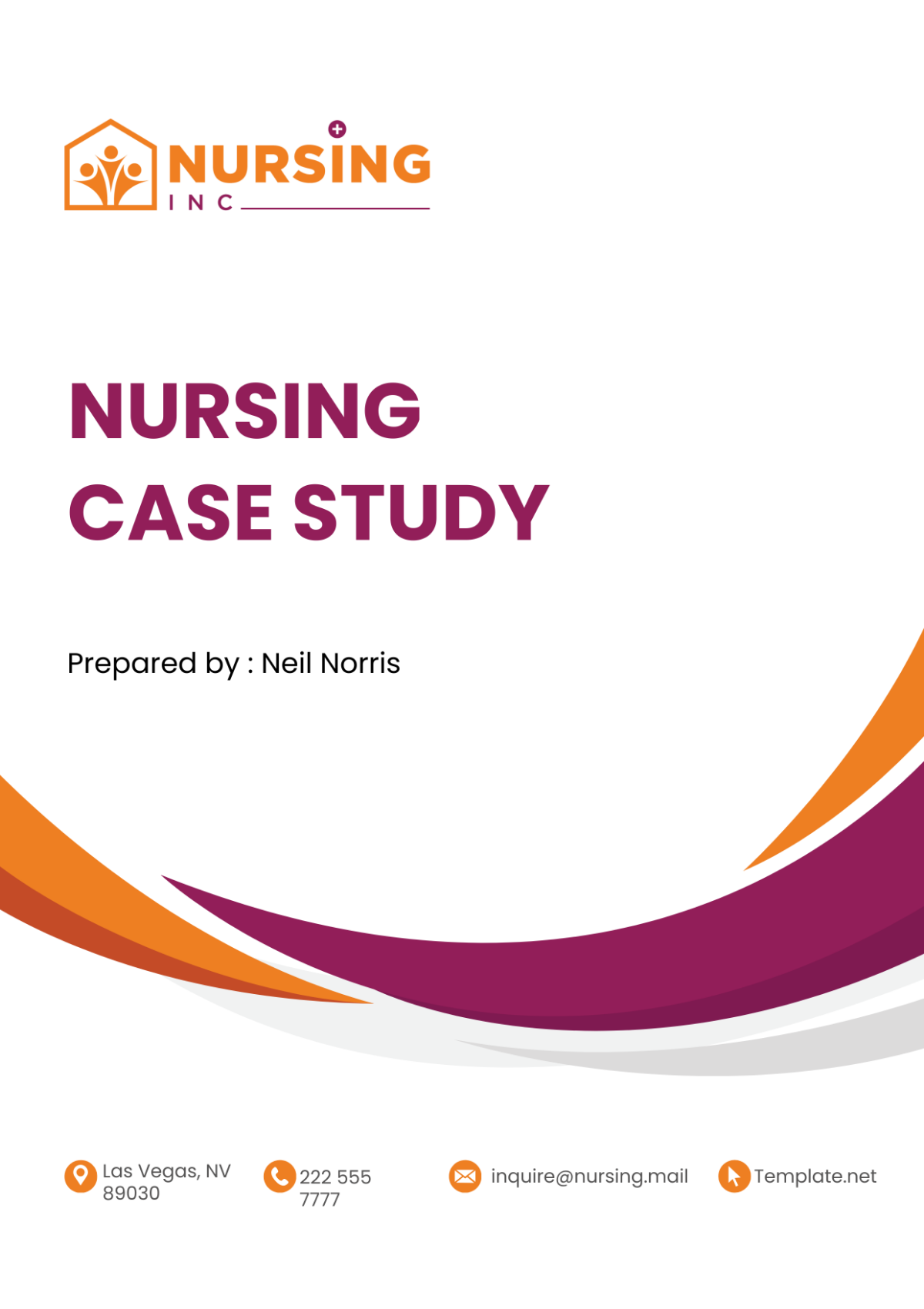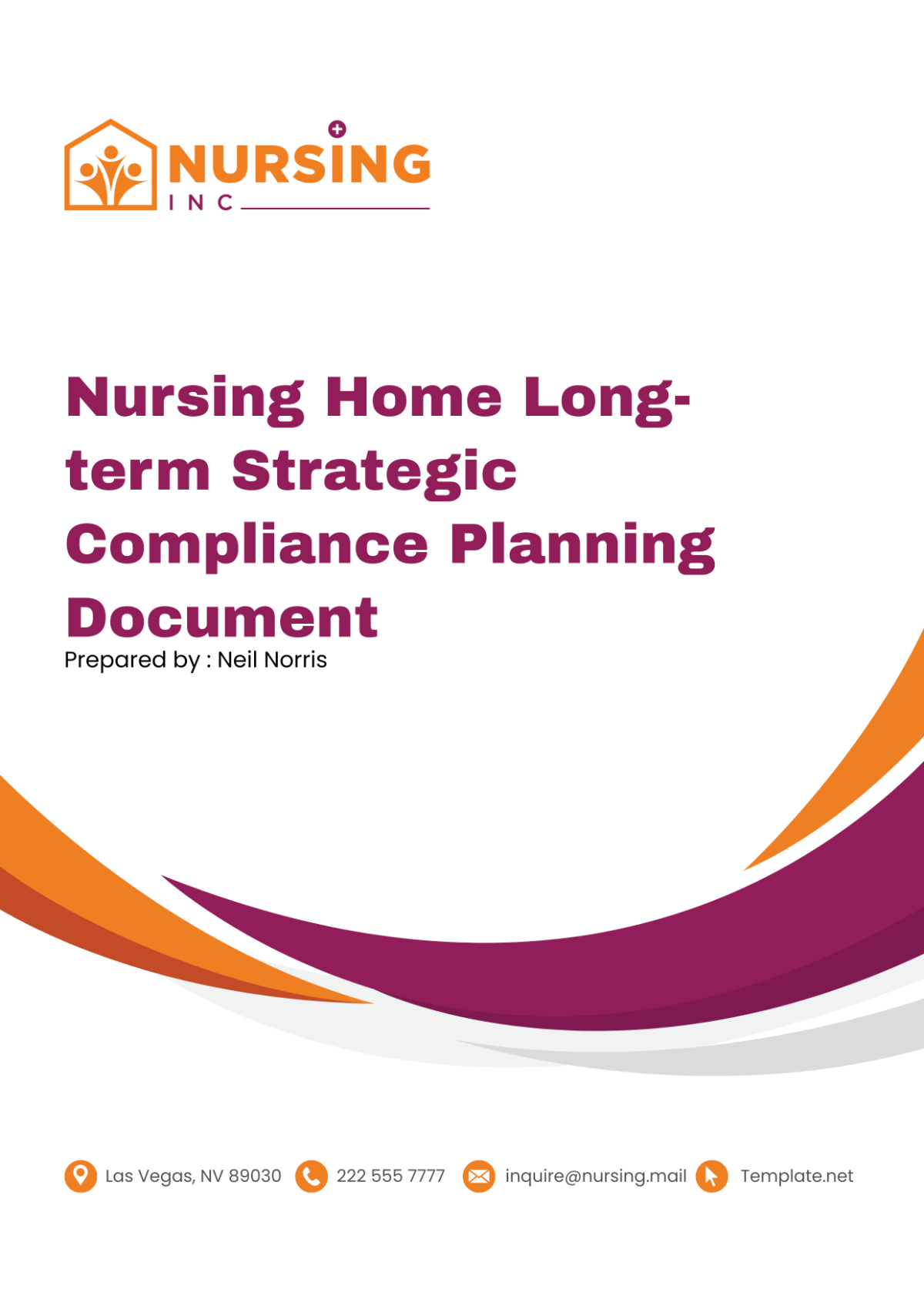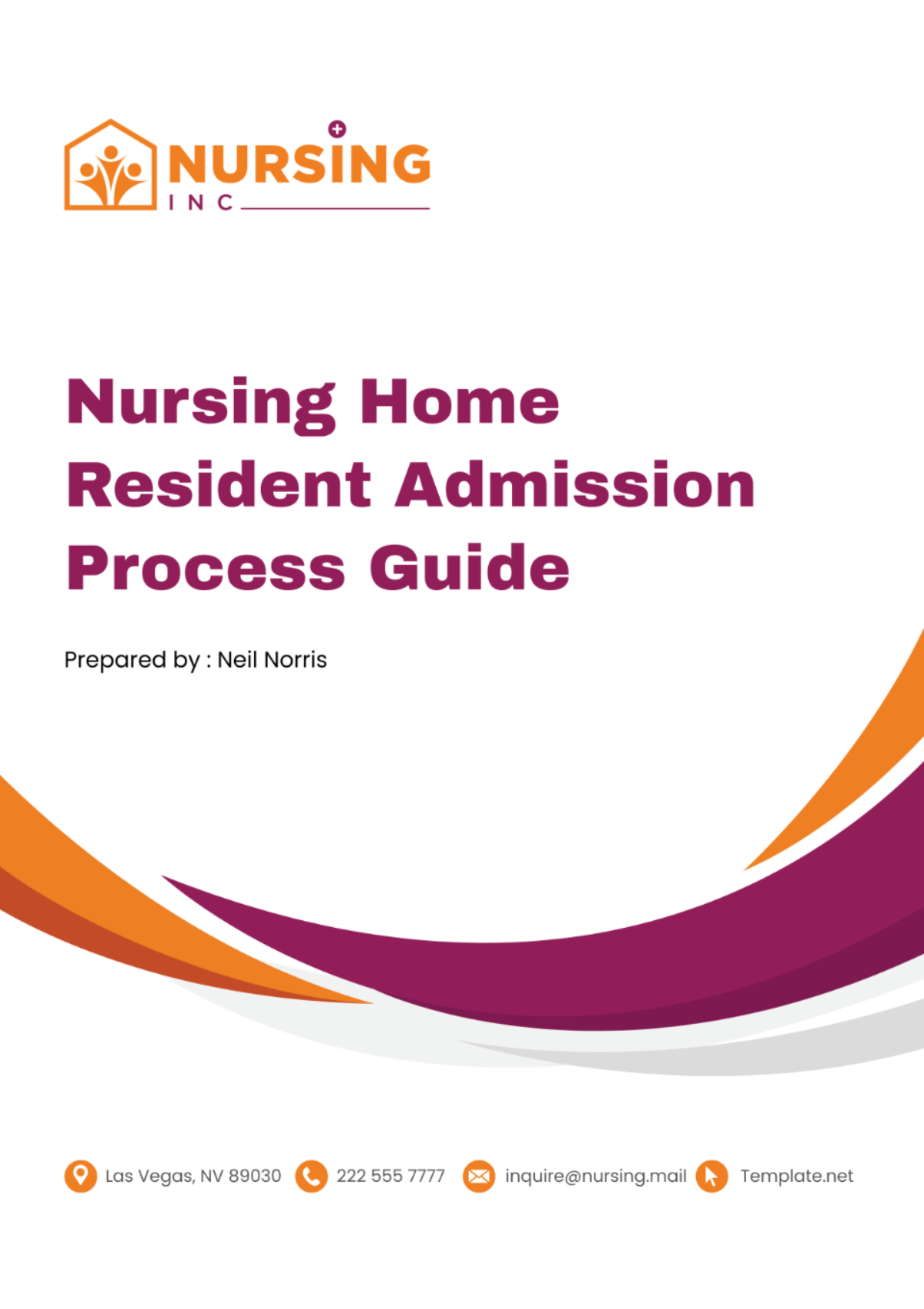Nursing Home Interview Guide
This Nursing Home Interview Guide is designed to assist hiring managers and interviewers at [Your Company Name] in conducting structured interviews to identify qualified candidates who are a good fit for our organization and committed to providing high-quality care for our residents.
I. Interview Introduction
Welcome and Introduction: Start the interview by welcoming the candidate and introducing yourself and any other interviewers present. Provide an overview of the interview process and timeline.
Explanation of Role: Provide a brief description of the position the candidate is interviewing for, including key responsibilities, qualifications, and expectations.
Introduction to [Your Company Name]: Briefly introduce the candidate to [Your Company Name], its mission, values, and organizational culture. Highlight any unique aspects of our facility and the services we provide to residents.
II. Candidate Background and Experience
Work Experience: Begin by asking the candidate to provide an overview of their relevant work experience, including previous positions held, responsibilities, and achievements. Explore specific examples of their work experience that demonstrate their ability to perform the duties of the role they are applying for.
Education and Training: Inquire about the candidate's education and training background, including any degrees, certifications, or specialized training relevant to the position. Ask how their education and training have prepared them for a career in elder care.
Skills and Qualifications: Discuss the candidate's skills and qualifications in relation to the requirements of the position. Ask about specific skills such as communication, teamwork, problem-solving, and technical competencies related to resident care.
III. Commitment to Resident Care
Passion for Elder Care: Explore the candidate's motivation for working in the field of elder care and their passion for helping others. Ask about experiences or situations that have inspired their interest in caring for seniors.
Patient-Centered Care: Inquire about the candidate's approach to providing patient-centered care and their philosophy on supporting the physical, emotional, and social well-being of residents. Ask how they ensure that resident preferences and choices are respected in their care delivery.
Compassion and Empathy: Assess the candidate's ability to demonstrate compassion, empathy, and sensitivity in their interactions with residents. Ask for examples of how they have shown empathy towards residents and families facing challenging situations.
Dignity and Respect: Explore the candidate's commitment to treating residents with dignity, respect, and autonomy. Inquire about their understanding of residents' rights and their ability to uphold these rights in their care practices.
Safety and Well-Being: Discuss the candidate's commitment to ensuring the safety and well-being of residents under their care. Ask how they prioritize resident safety, identify potential risks or hazards, and intervene proactively to prevent accidents or injuries.
Communication with Families: Inquire about the candidate's approach to communicating with residents' families and caregivers. Ask how they involve families in care planning, provide updates on resident progress, and address concerns or questions from family members.
Continuity of Care: Discuss the importance of continuity of care in promoting positive resident outcomes. Ask how the candidate ensures continuity of care through effective communication, documentation, and coordination with other members of the healthcare team.
Advocacy for Residents: Explore the candidate's role as an advocate for residents' rights, preferences, and needs. Ask how they empower residents to make informed decisions about their care and support residents in exercising their rights and choices.
IV. Teamwork and Collaboration
Teamwork Experience: Discuss the candidate's experience working as part of a multidisciplinary team in a healthcare setting. Ask how they collaborate with colleagues, communicate effectively, and contribute to a positive team environment.
Conflict Resolution: Inquire about the candidate's approach to resolving conflicts or disagreements with colleagues or supervisors. Ask for examples of how they have successfully resolved conflicts in the workplace while maintaining professionalism and respect.
Interdisciplinary Collaboration: Explore the candidate's experience collaborating with other healthcare professionals, such as nurses, physicians, therapists, and social workers. Ask how they facilitate communication and coordination of care to ensure comprehensive and holistic care for residents.
Communication Skills: Assess the candidate's communication skills, both verbal and written, and their ability to convey information clearly and effectively to colleagues and residents. Inquire about their experience using communication tools and technologies in a healthcare setting.
Team Building: Discuss the candidate's approach to building and fostering a positive team culture within their department or unit. Ask how they promote teamwork, mutual respect, and trust among team members to enhance collaboration and morale.
Delegation and Empowerment: Inquire about the candidate's approach to delegation and empowering team members to take on responsibilities and contribute to the team's success. Ask for examples of how they assign tasks, provide guidance and support, and recognize team achievements.
Conflict Management Skills: Explore the candidate's ability to manage conflicts and disagreements within the team effectively. Ask how they address interpersonal conflicts, facilitate open dialogue, and find mutually acceptable solutions to promote harmony and productivity.
V. Adaptability and Problem-Solving
Adaptability to Change: Inquire about the candidate's ability to adapt to changes in work assignments, schedules, or procedures in a dynamic healthcare environment. Ask for examples of how they have successfully navigated changes and remained flexible in their approach to work.
Problem-Solving Skills: Discuss the candidate's problem-solving skills and their approach to identifying and addressing challenges in resident care. Ask for examples of how they have analyzed complex situations, identified root causes, and implemented effective solutions to improve resident outcomes.
Resourcefulness: Assess the candidate's resourcefulness in finding creative solutions to obstacles or limitations in resident care. Inquire about their ability to utilize available resources effectively, think critically, and overcome barriers to provide high-quality care.
Decision-Making Ability: Explore the candidate's decision-making process and their ability to make sound judgments in challenging or ambiguous situations. Ask how they weigh options, assess risks, and consider resident preferences and best interests when making decisions about care.
Adapting to Resident Needs: Discuss the candidate's ability to adapt their care approach to meet the changing needs and preferences of residents. Ask how they personalize care plans, adjust interventions, and collaborate with the healthcare team to address evolving resident needs effectively.
VI. Cultural Competence and Diversity
Cultural Sensitivity: Discuss the importance of cultural sensitivity and competence in providing care to residents from diverse backgrounds. Ask how the candidate respects and responds to cultural differences, beliefs, and preferences in their care delivery.
Diversity Awareness: Inquire about the candidate's awareness of diversity issues and their commitment to promoting inclusivity and equity in the workplace. Ask for examples of how they create a welcoming and inclusive environment for residents and colleagues from diverse backgrounds.
Language Skills: Assess the candidate's language skills and their ability to communicate effectively with residents who may have limited English proficiency or speak languages other than English. Ask how they overcome language barriers to ensure clear and accurate communication with residents and families.
Awareness of Cultural Bias: Inquire about the candidate's awareness of their own cultural biases and how they mitigate these biases in their interactions with residents from diverse backgrounds. Ask for examples of how they ensure their care practices are culturally sensitive and inclusive.
Respect for Gender Identity and Sexual Orientation: Discuss the importance of respecting residents' gender identity and sexual orientation in providing affirming and inclusive care. Inquire about the candidate's understanding of LGBTQ+ issues and their commitment to creating a supportive environment for residents of all sexual orientations and gender identities.
Language Access Services: Assess the candidate's familiarity with language access services and their ability to communicate effectively with residents who have limited English proficiency or speak languages other than English. Inquire about their experience working with interpreters or utilizing translation tools to facilitate communication with residents and families.
Cultural Humility: Explore the candidate's commitment to cultural humility and ongoing learning about diversity and inclusion. Ask how they approach cultural differences with openness, curiosity, and a willingness to learn from residents, families, and colleagues from diverse backgrounds.
VII. Closing the Interview
Candidate Questions: Give the candidate an opportunity to ask questions about the position, [Your Company Name], or any other relevant topics. Encourage them to seek clarification or additional information to help them make an informed decision about the role.
Closing Remarks: Thank the candidate for their time and participation in the interview. Provide information about the next steps in the hiring process, such as additional interviews, reference checks, or job offers. Reiterate your enthusiasm for the candidate's potential contribution to [Your Company Name].
